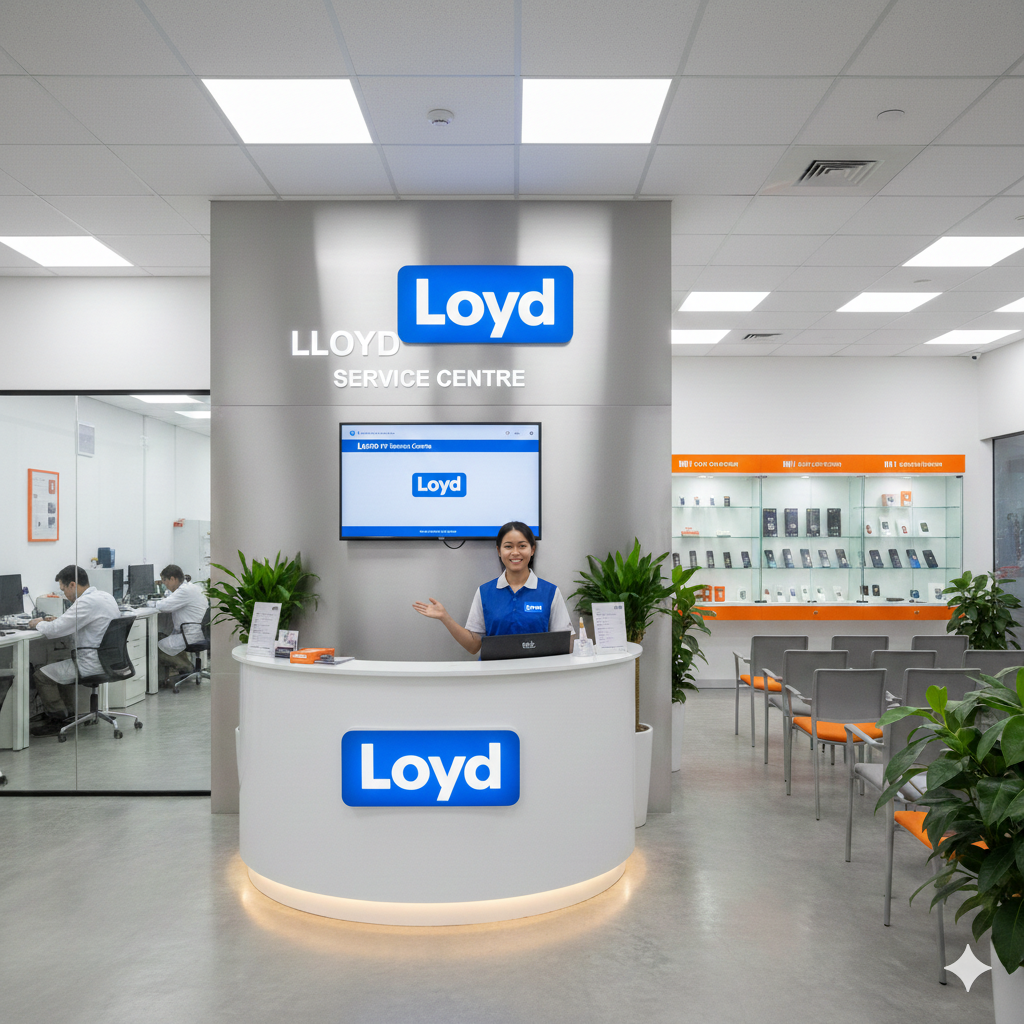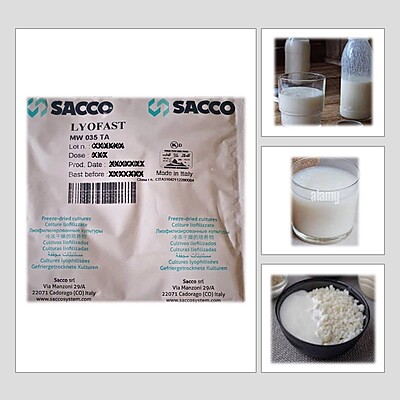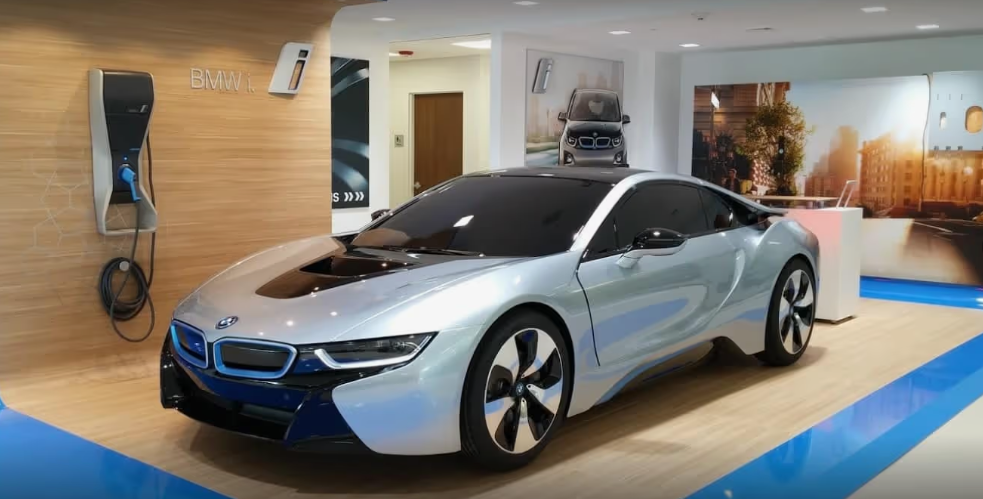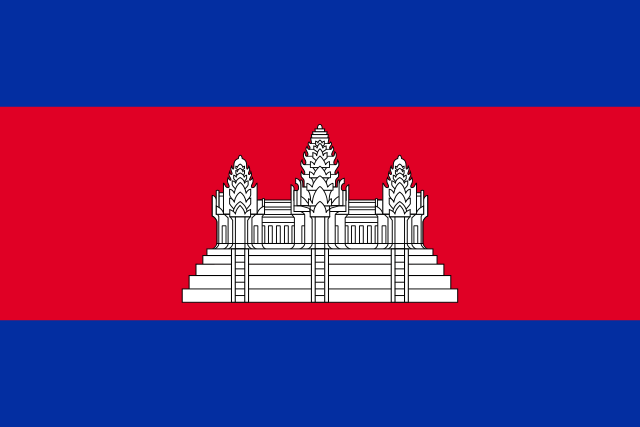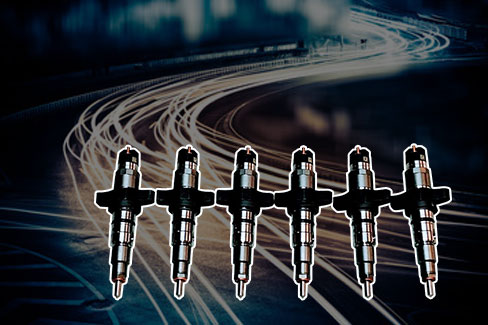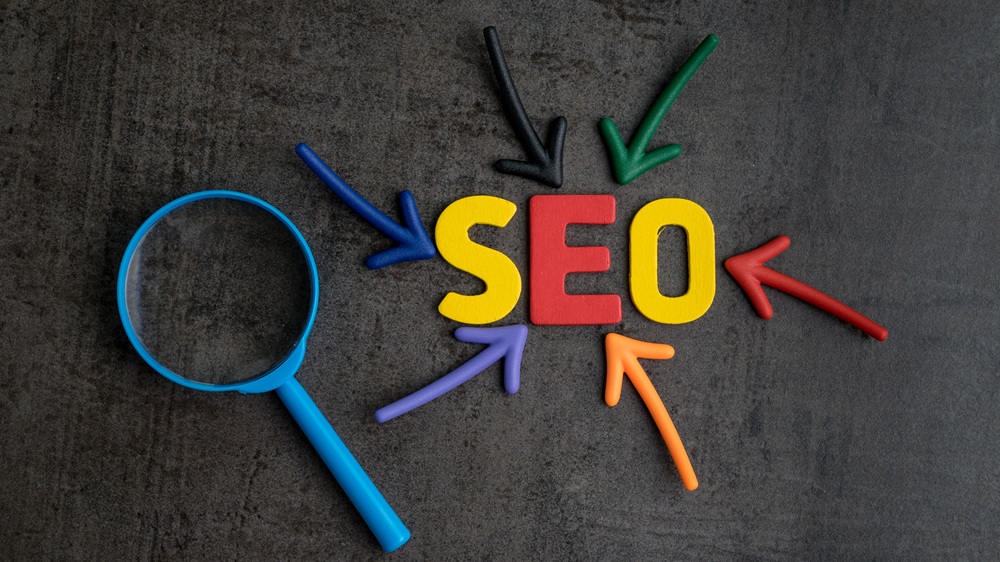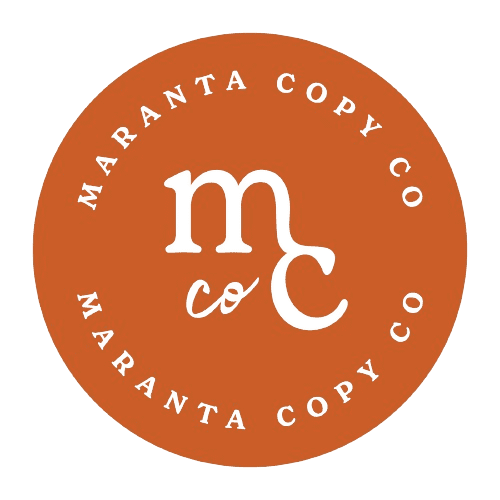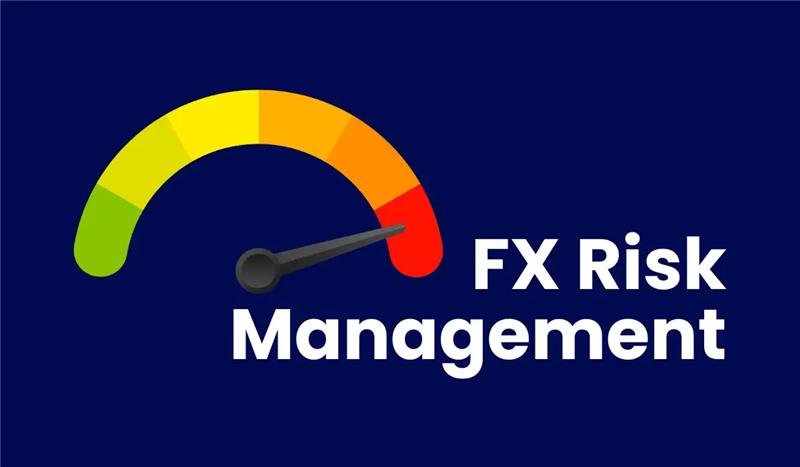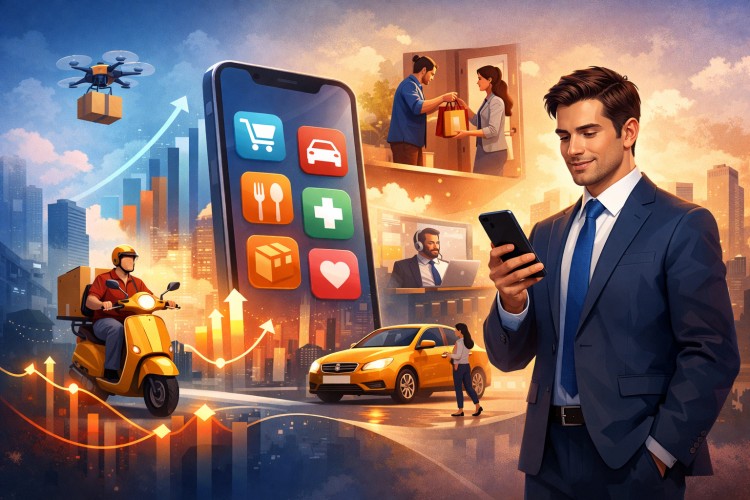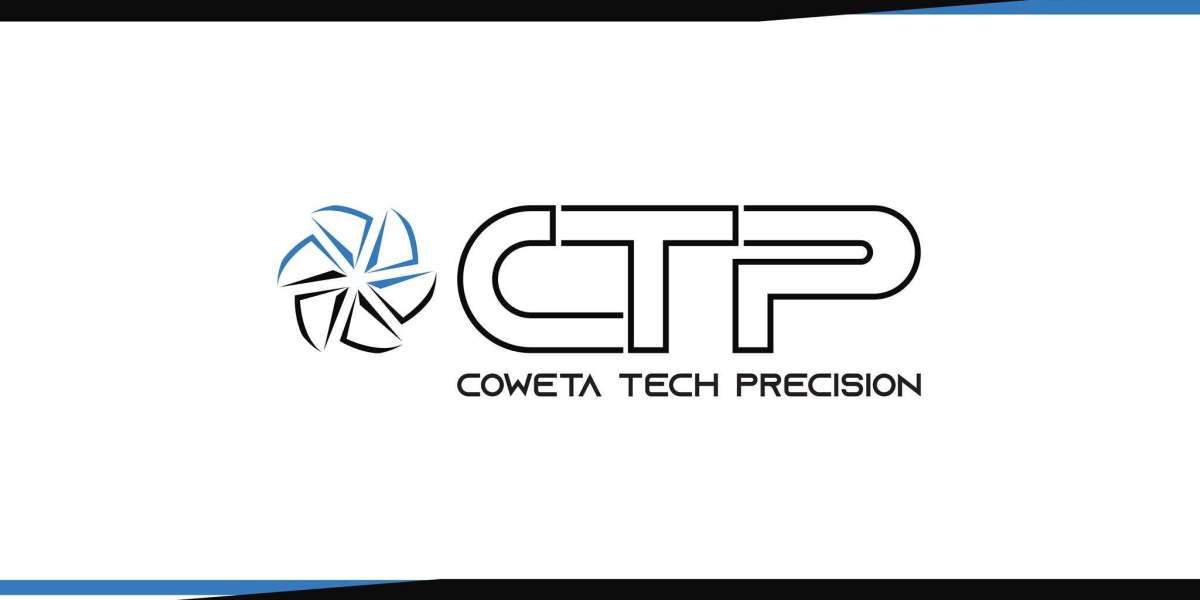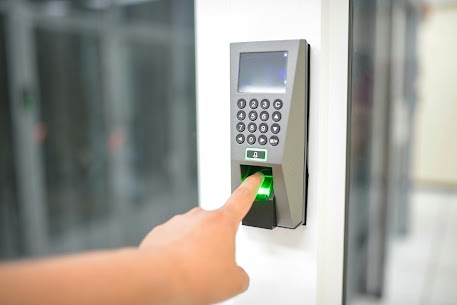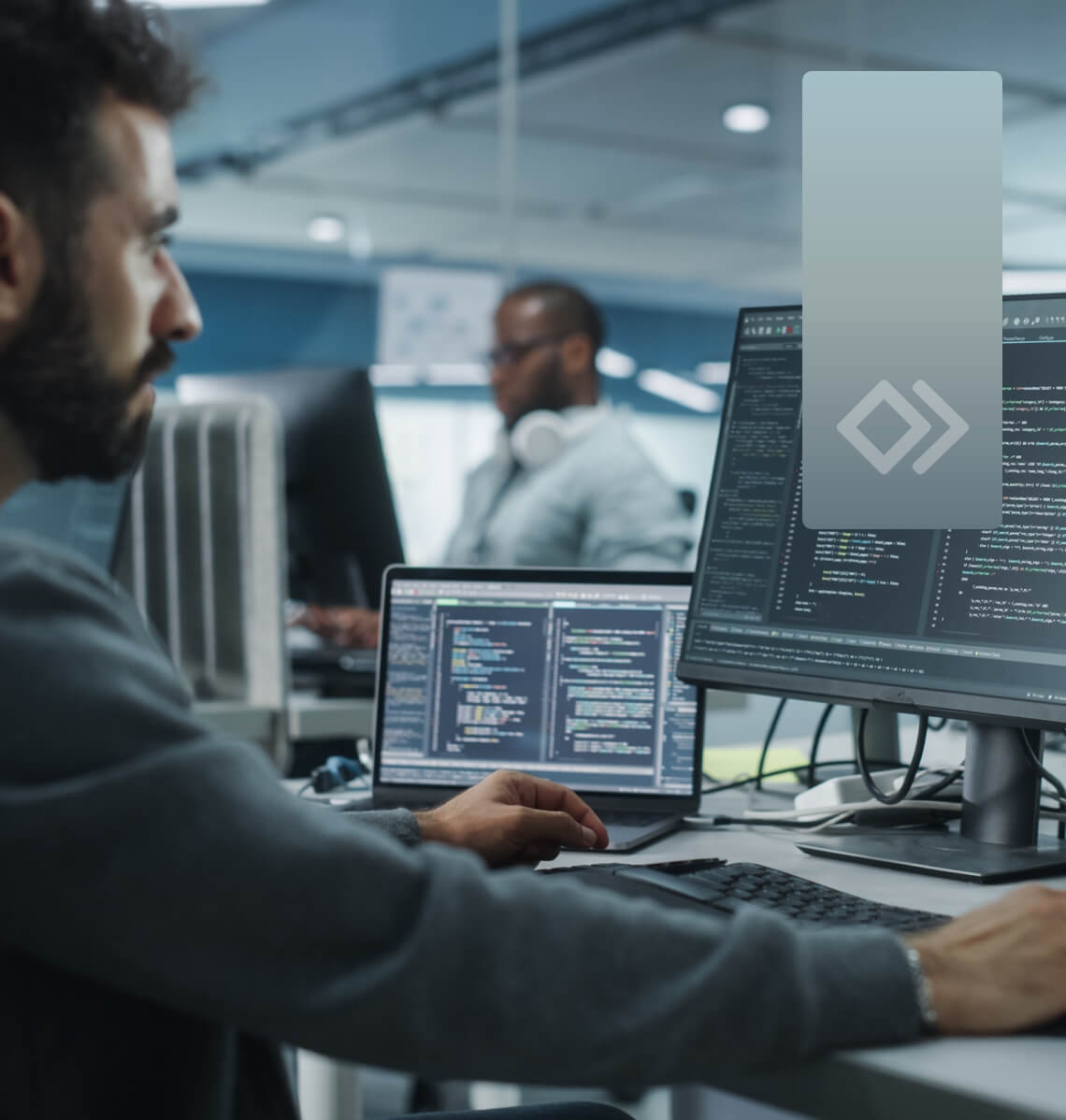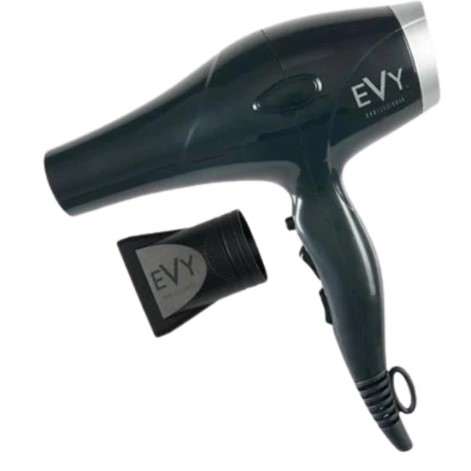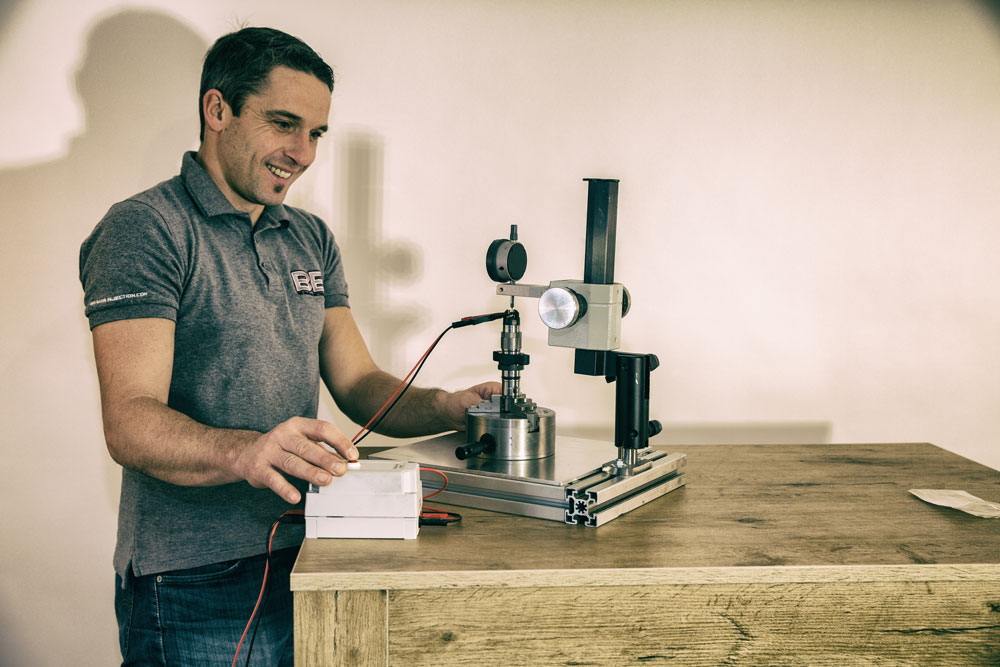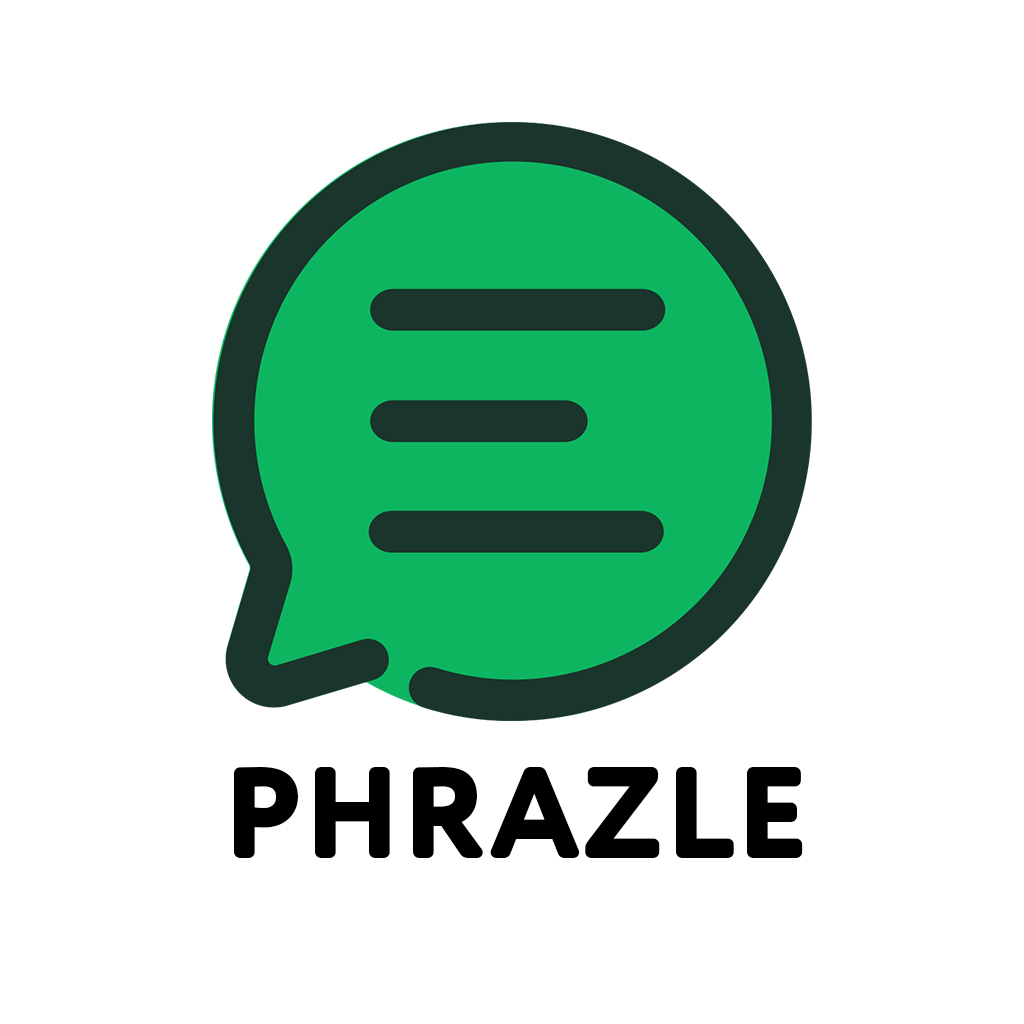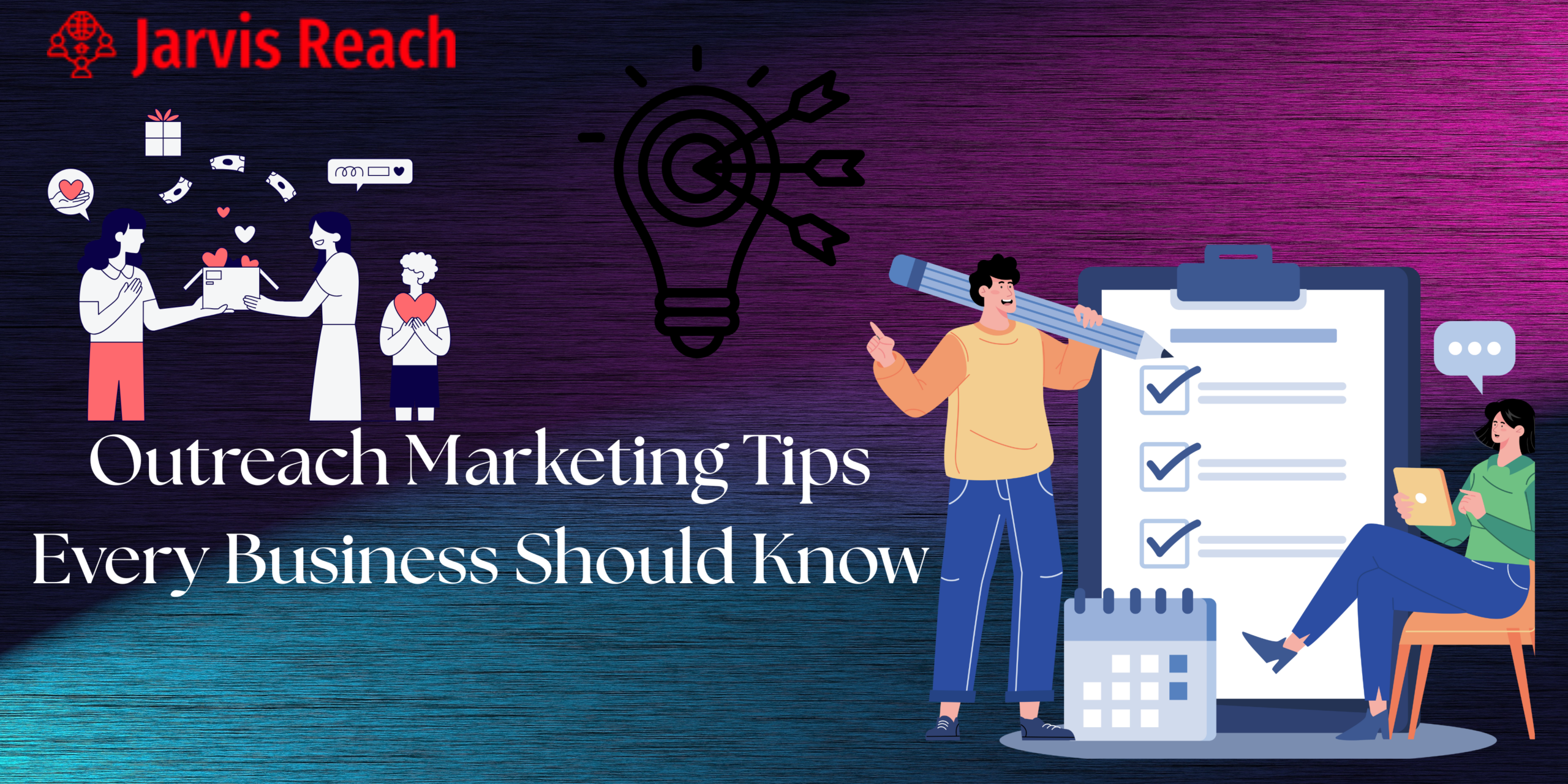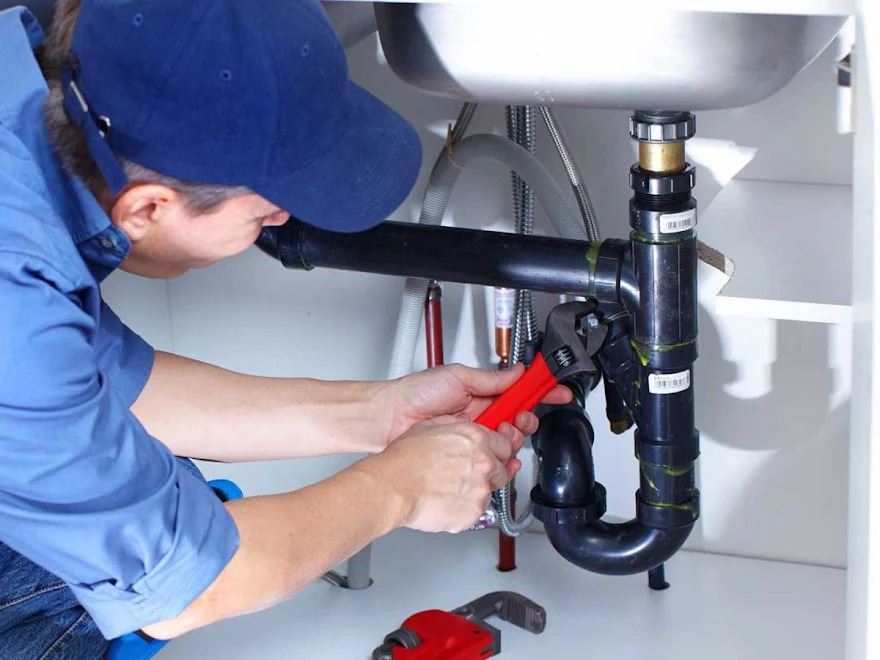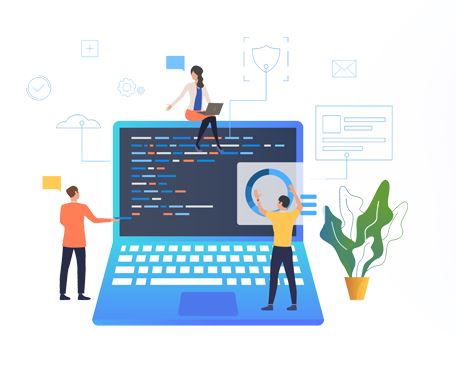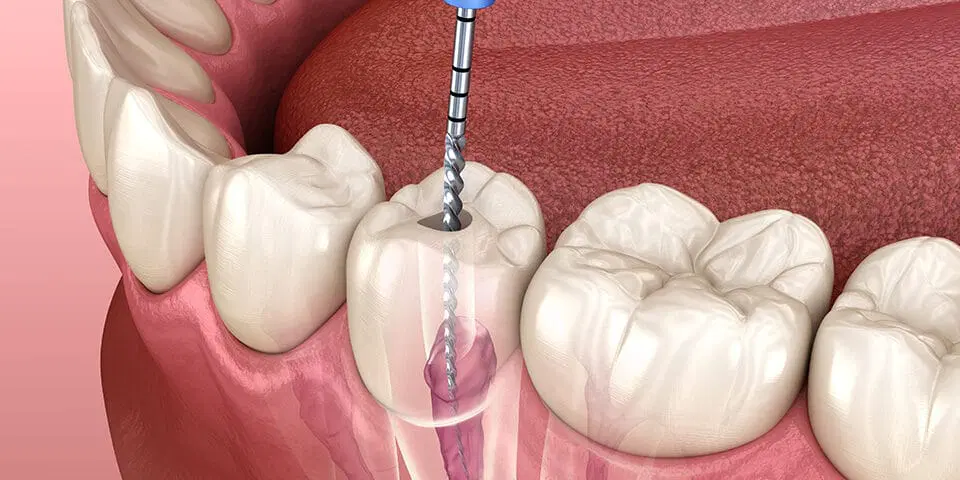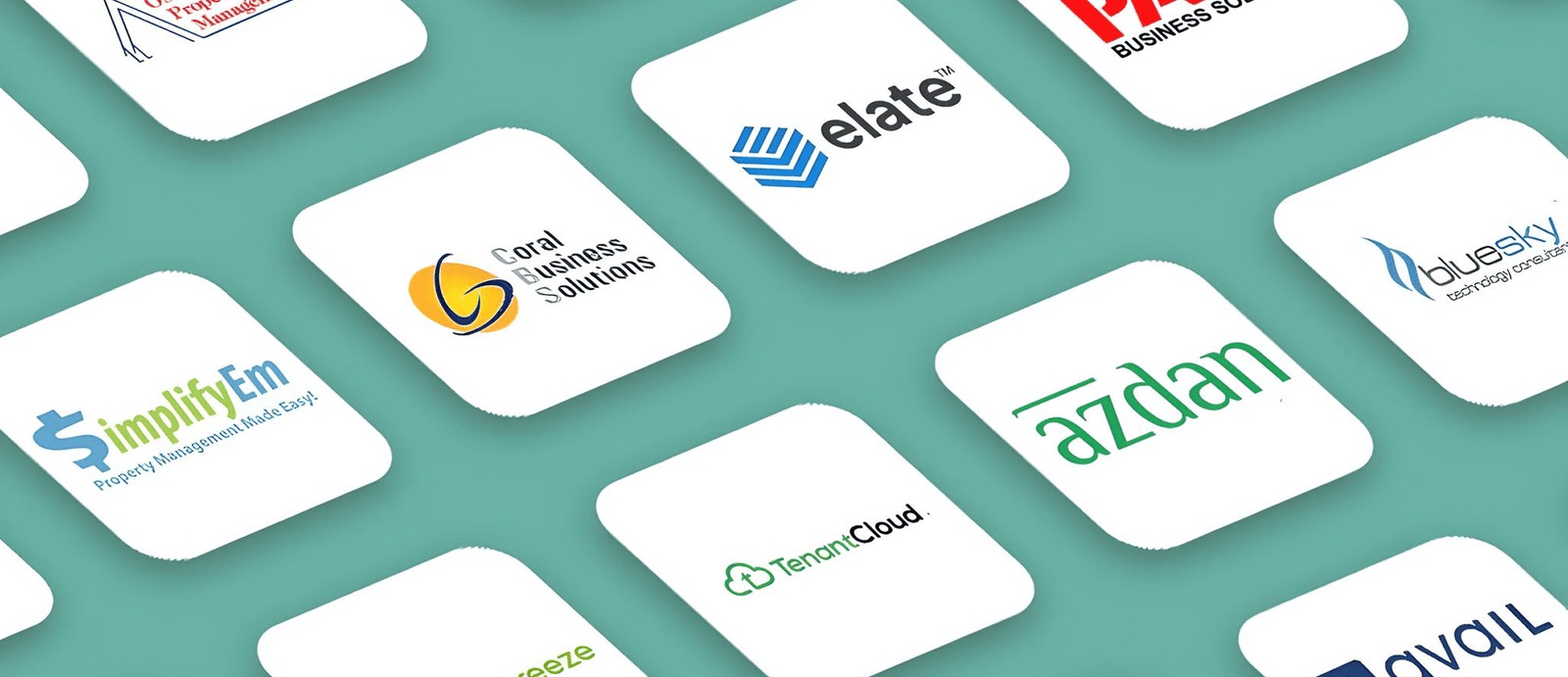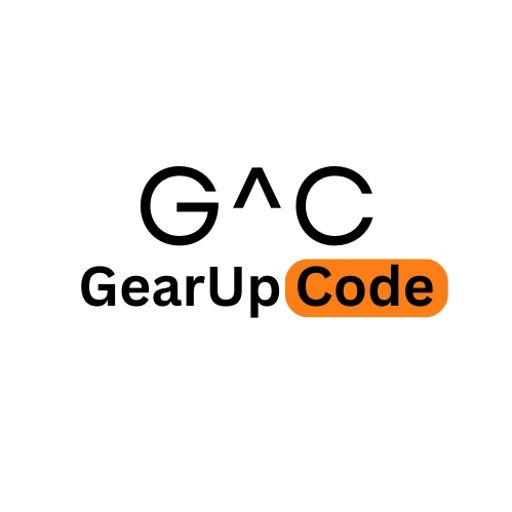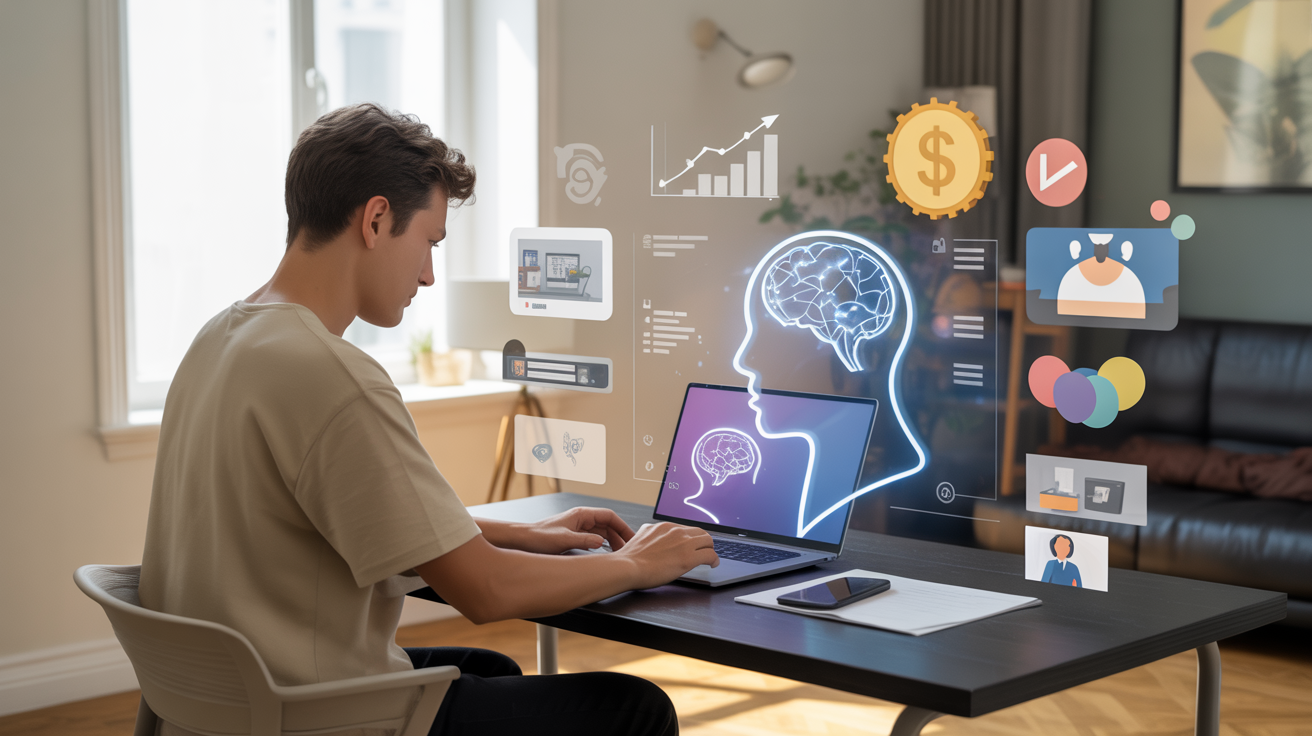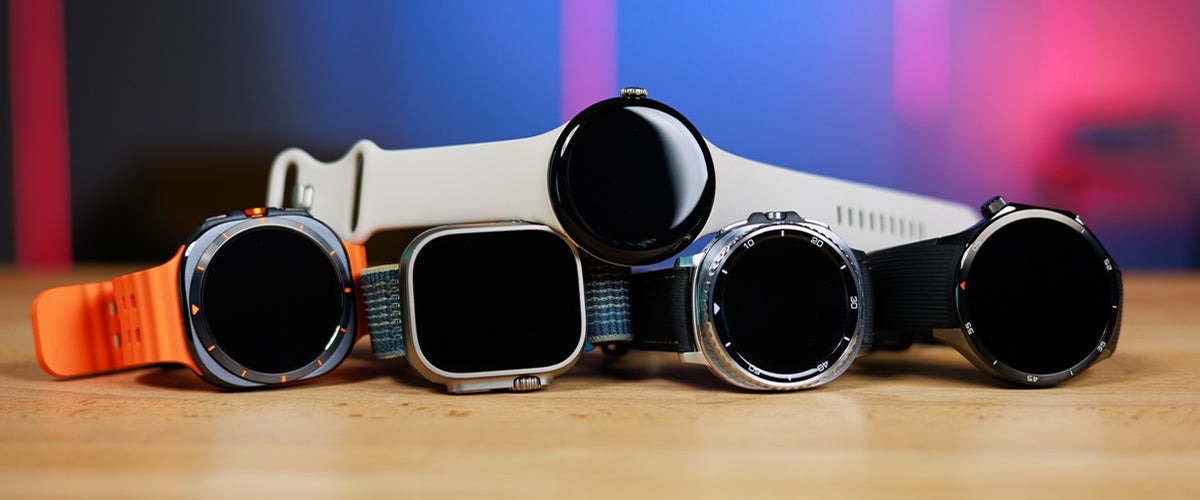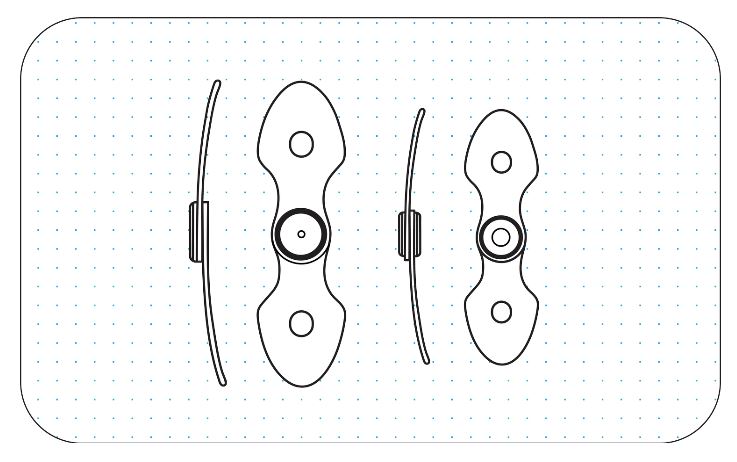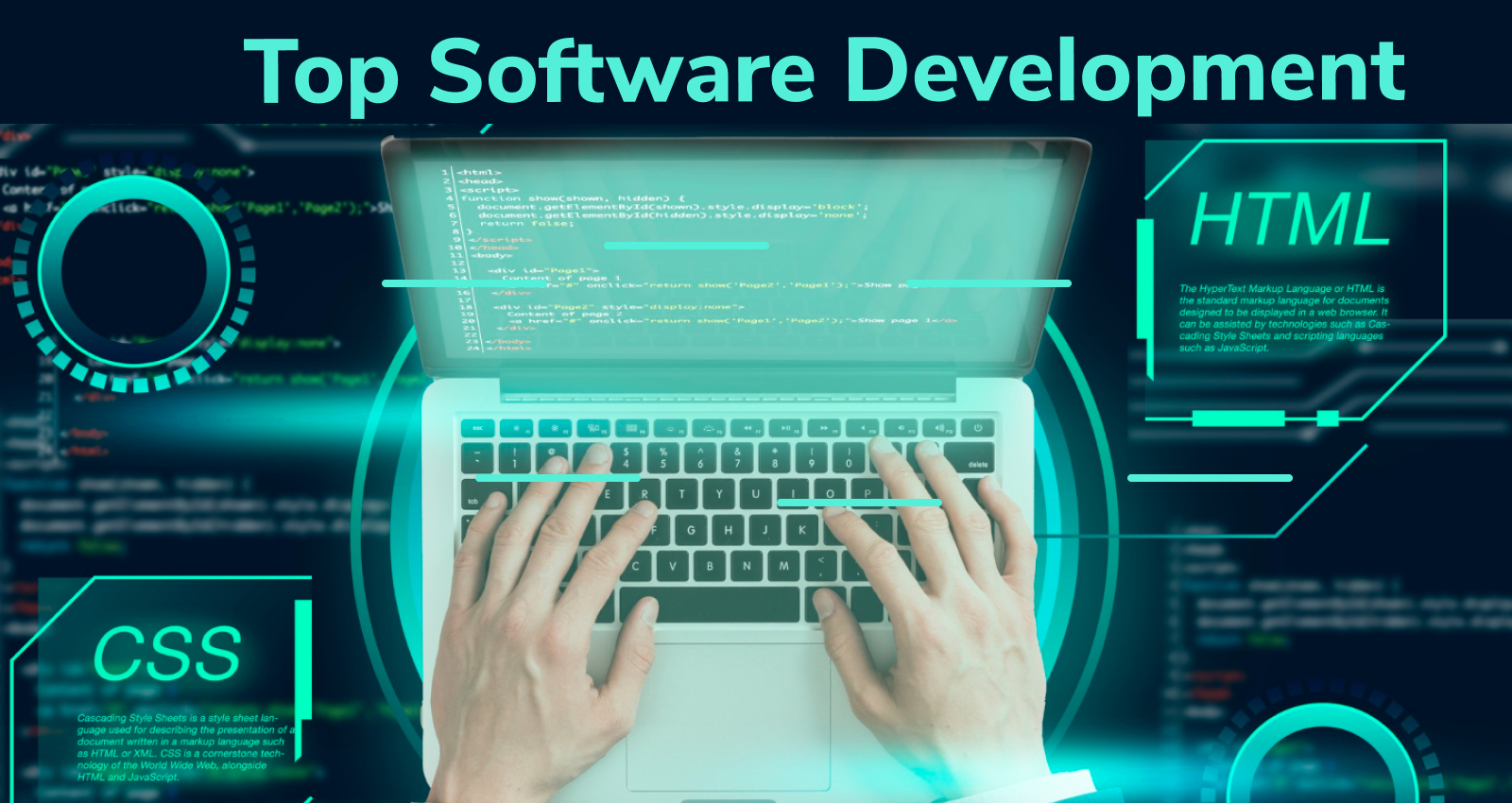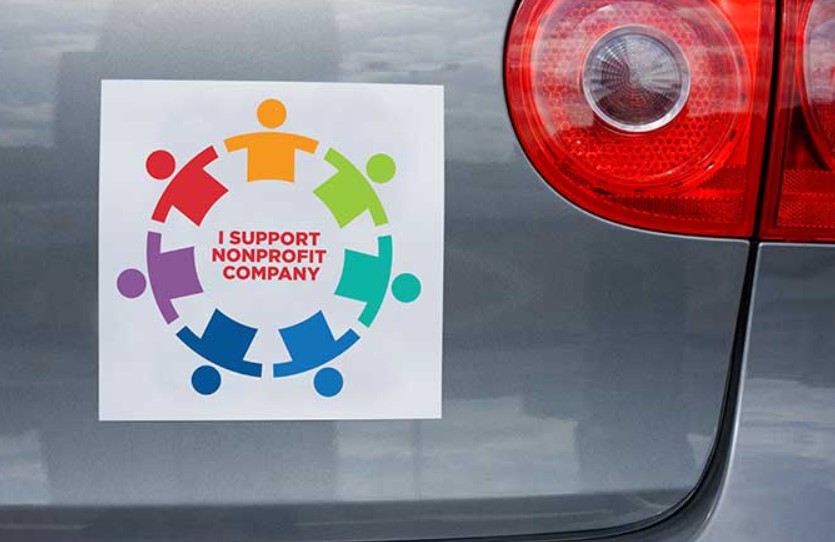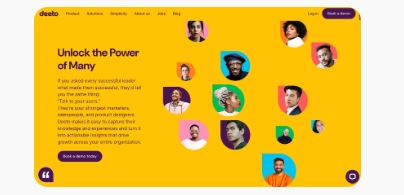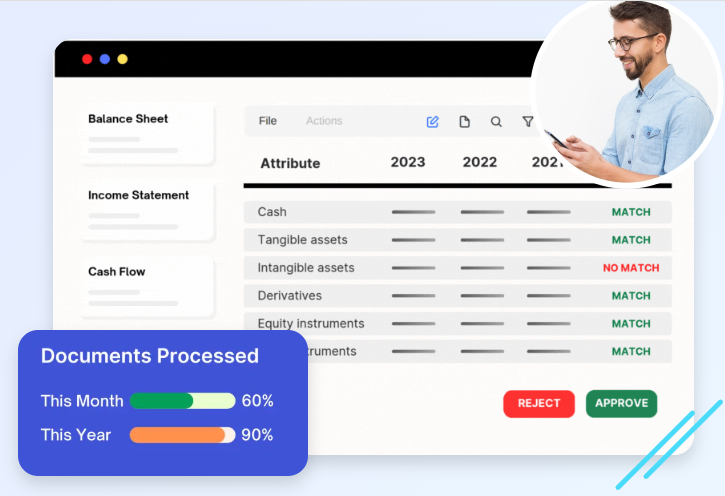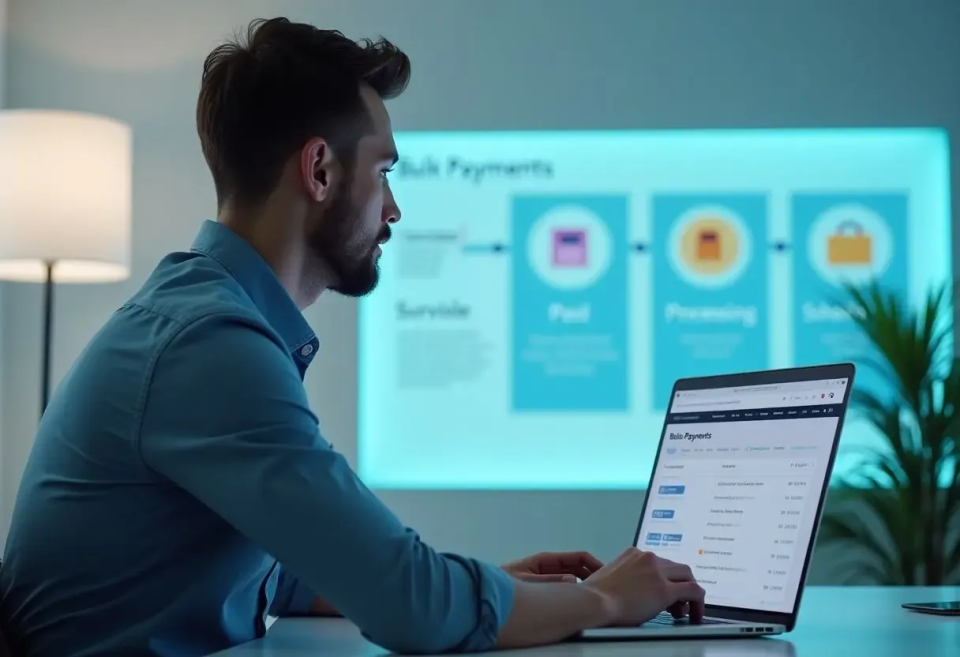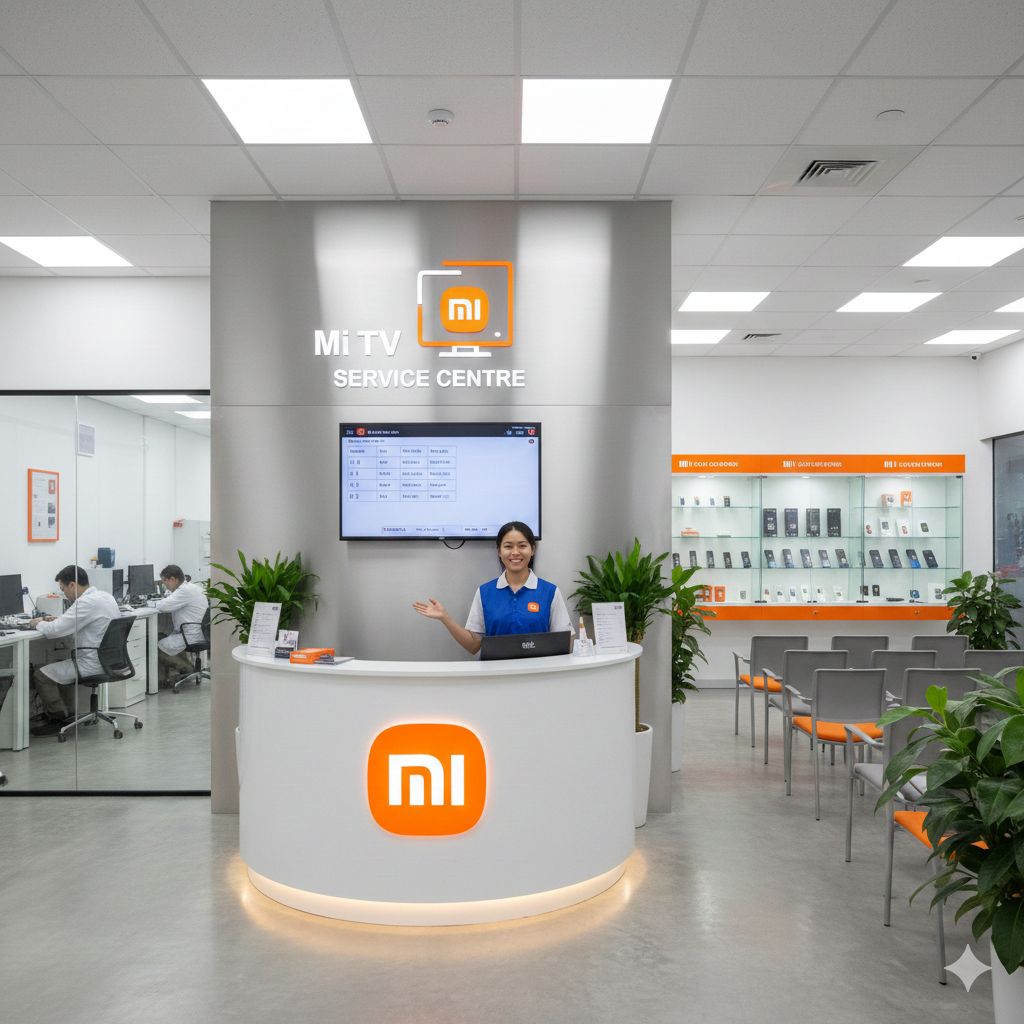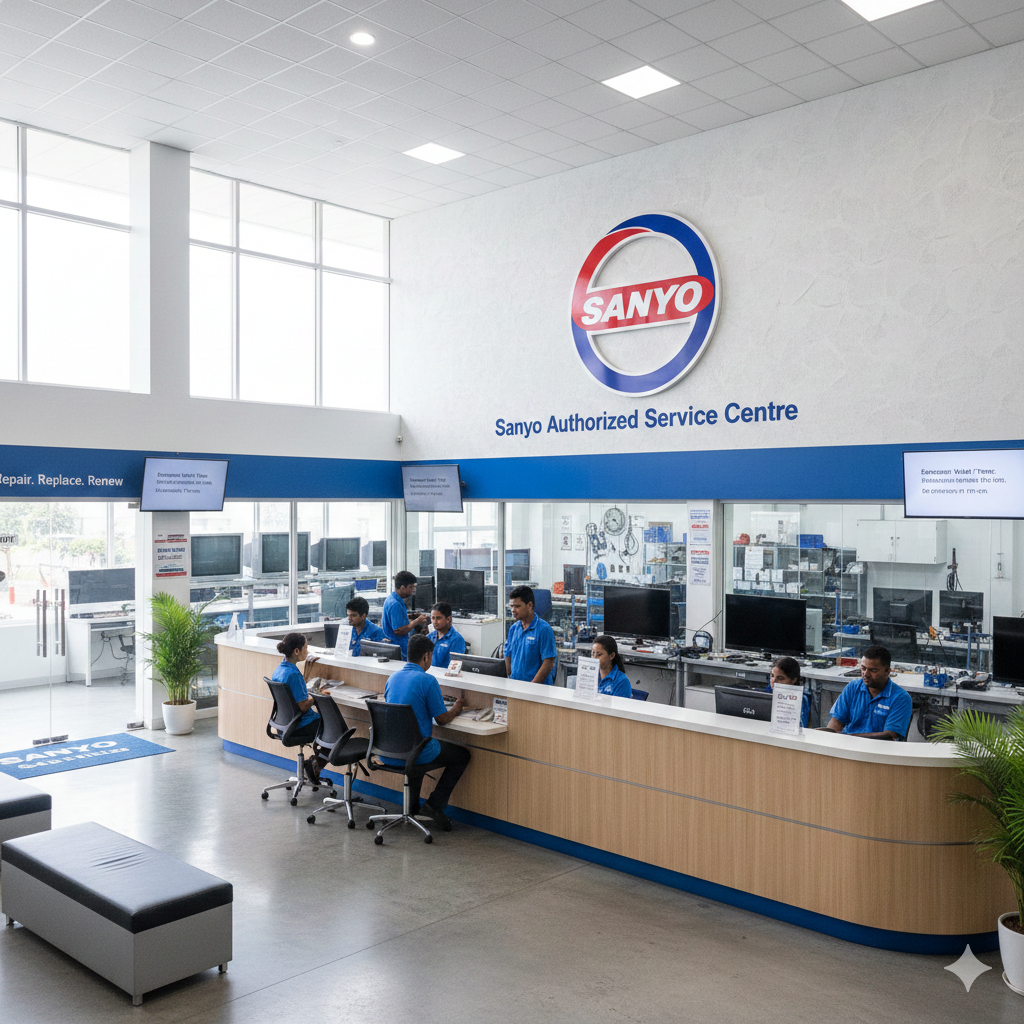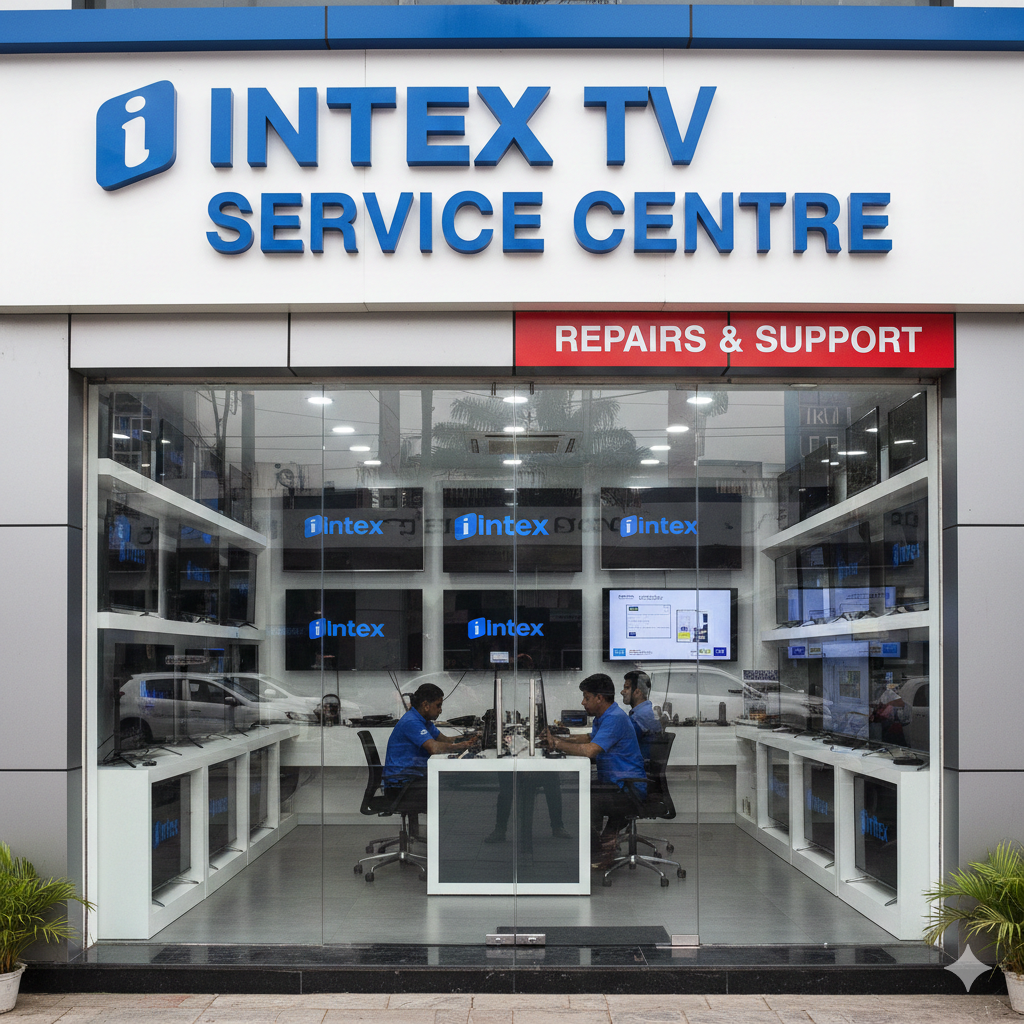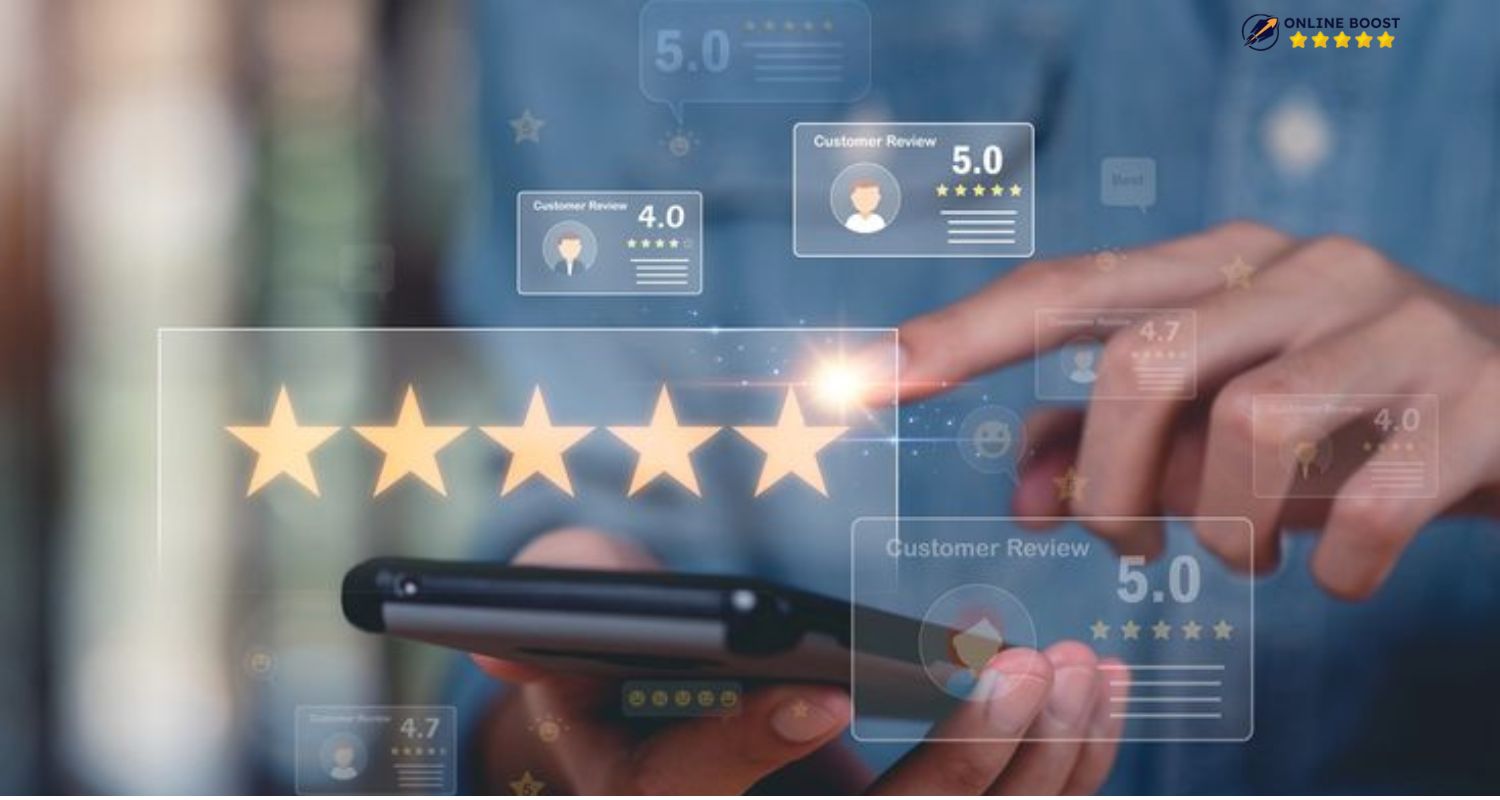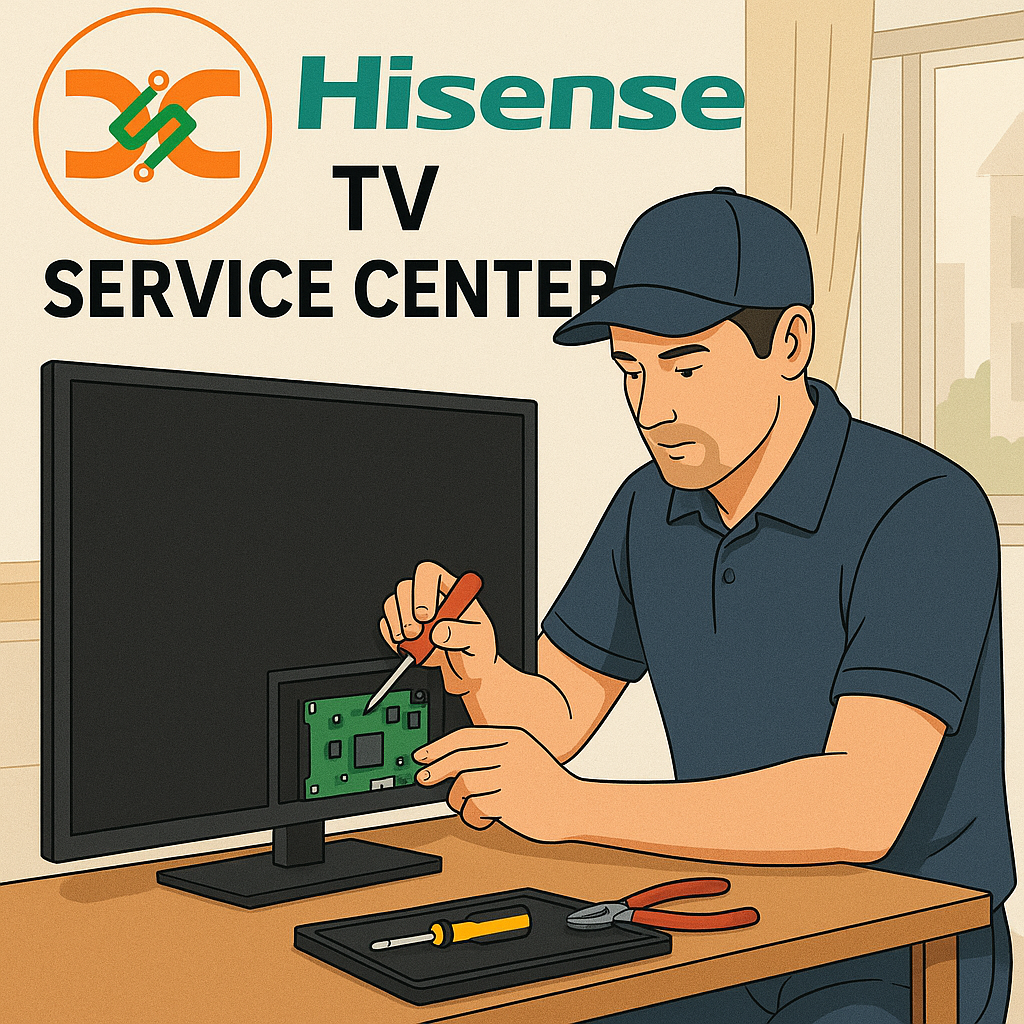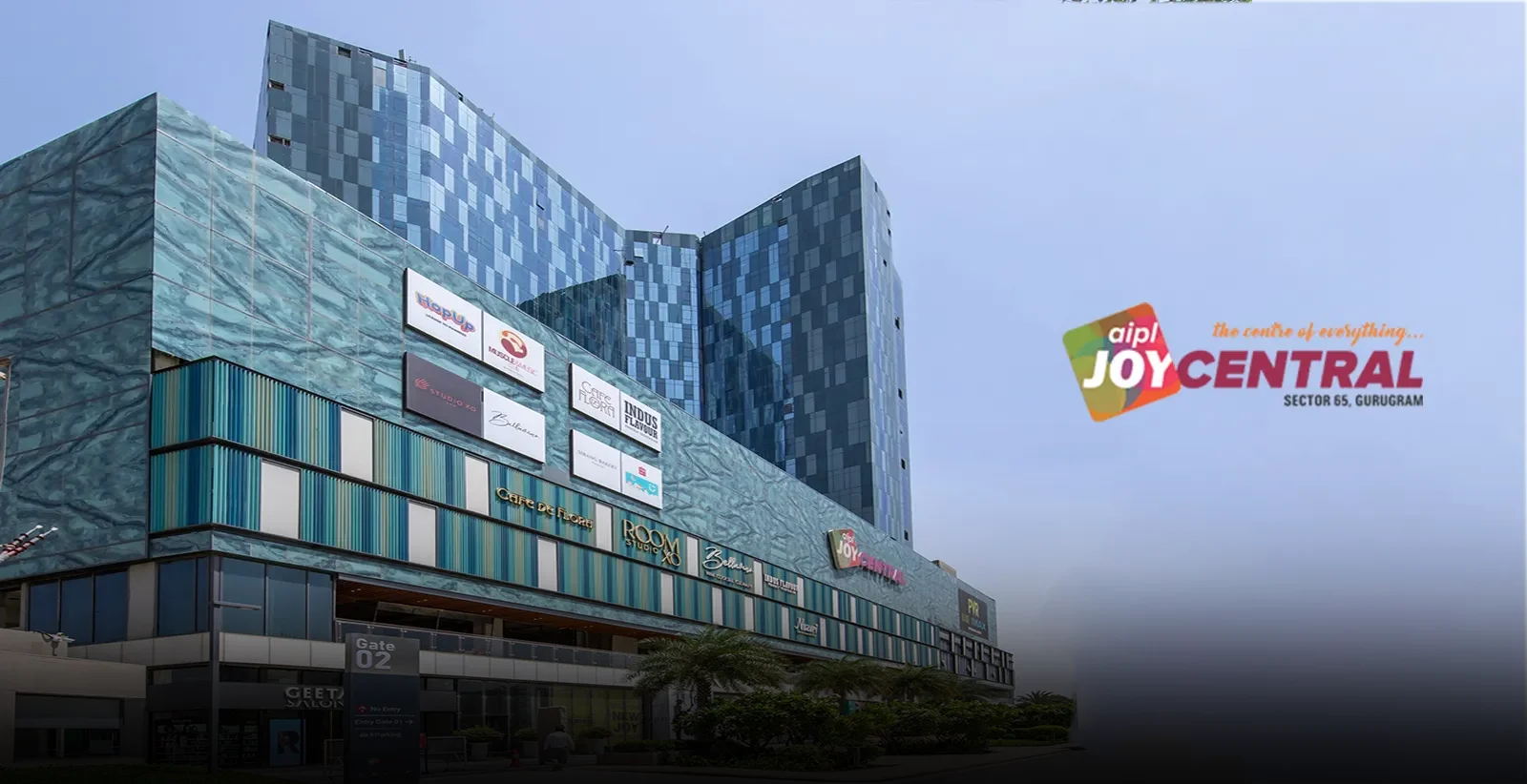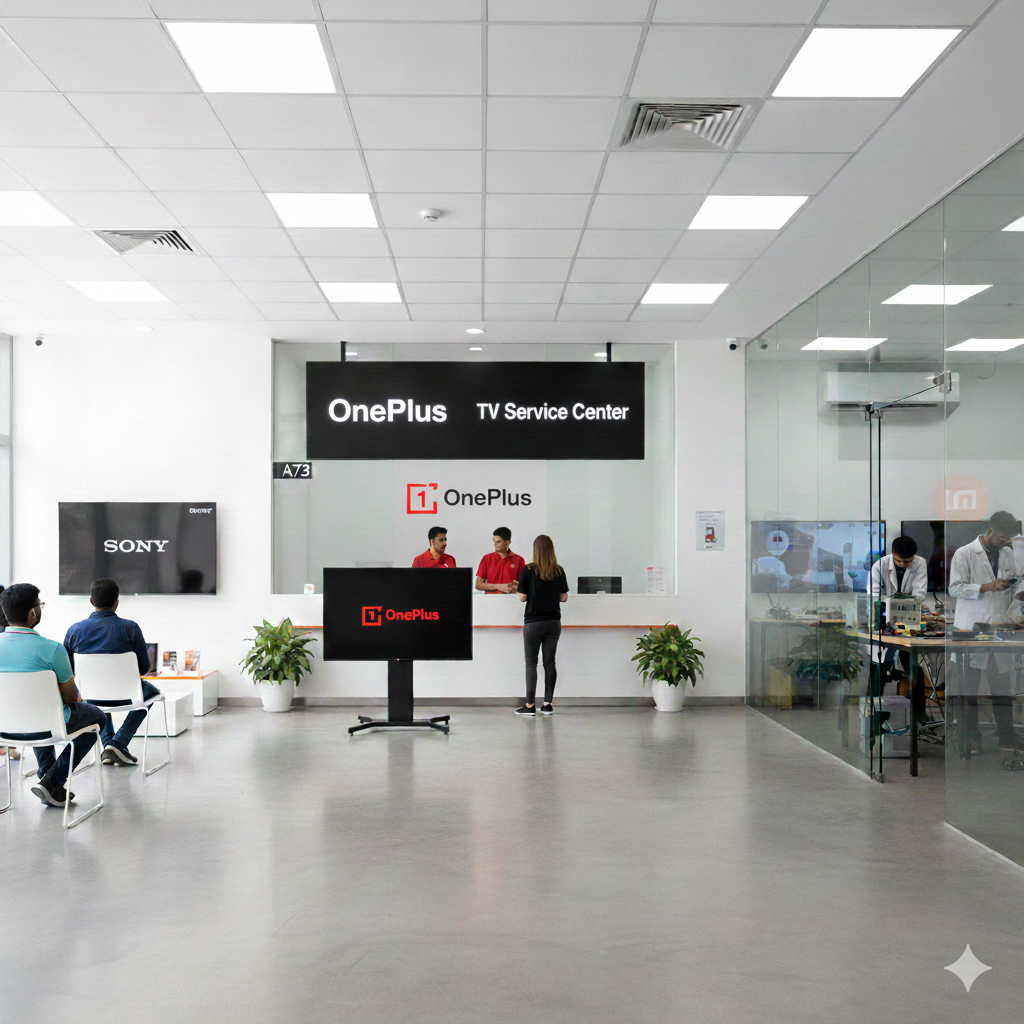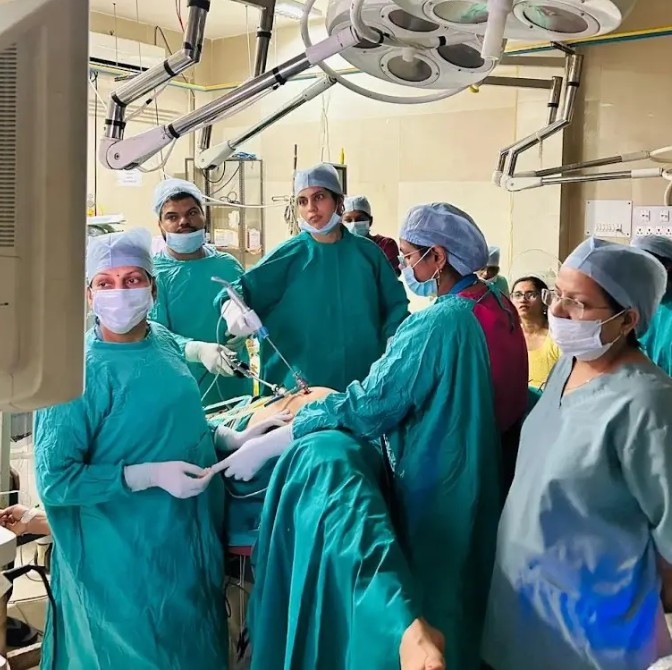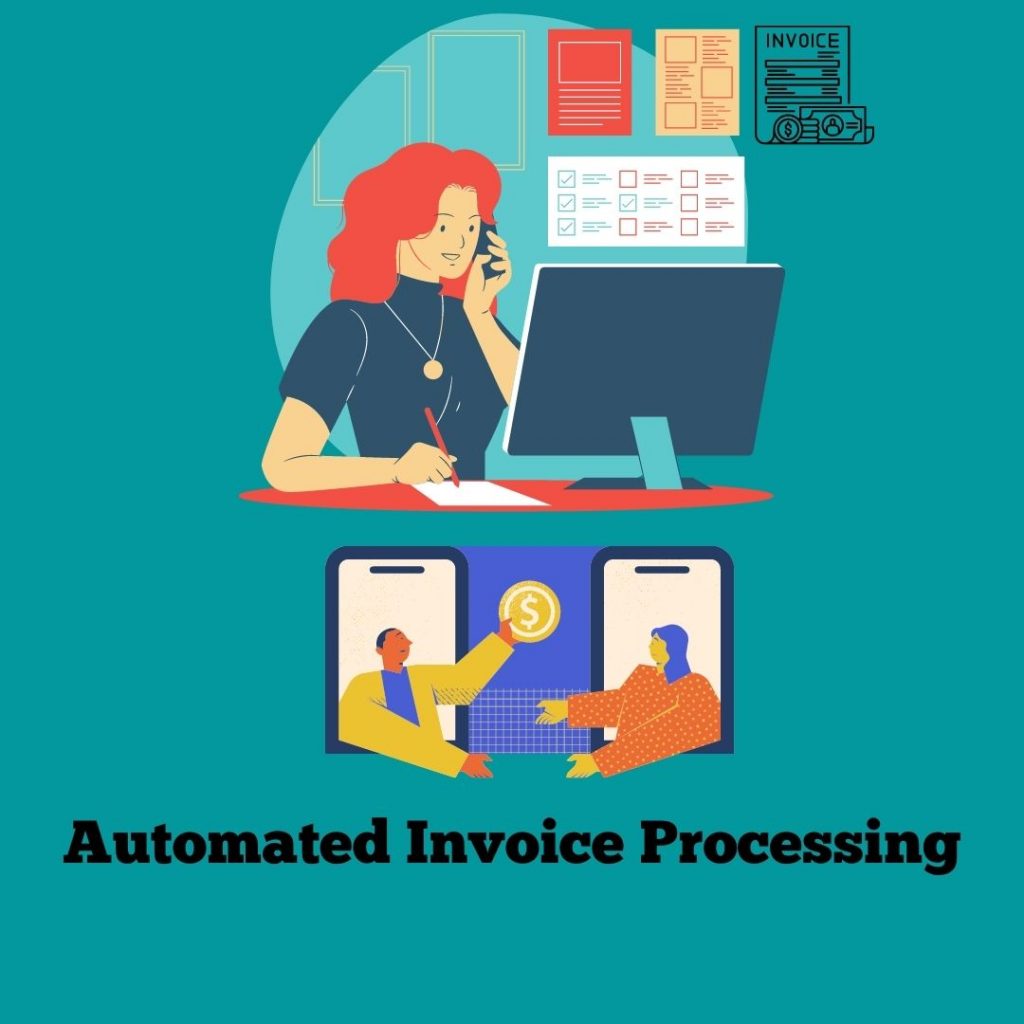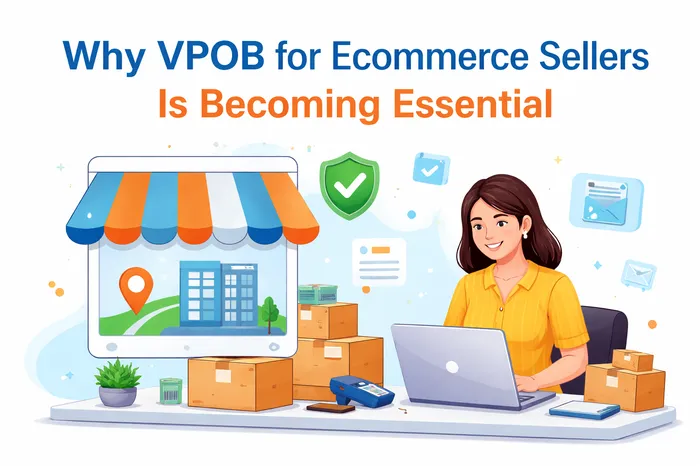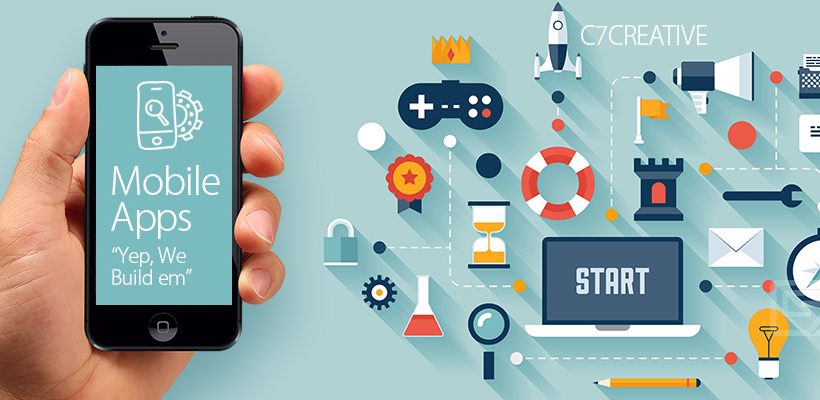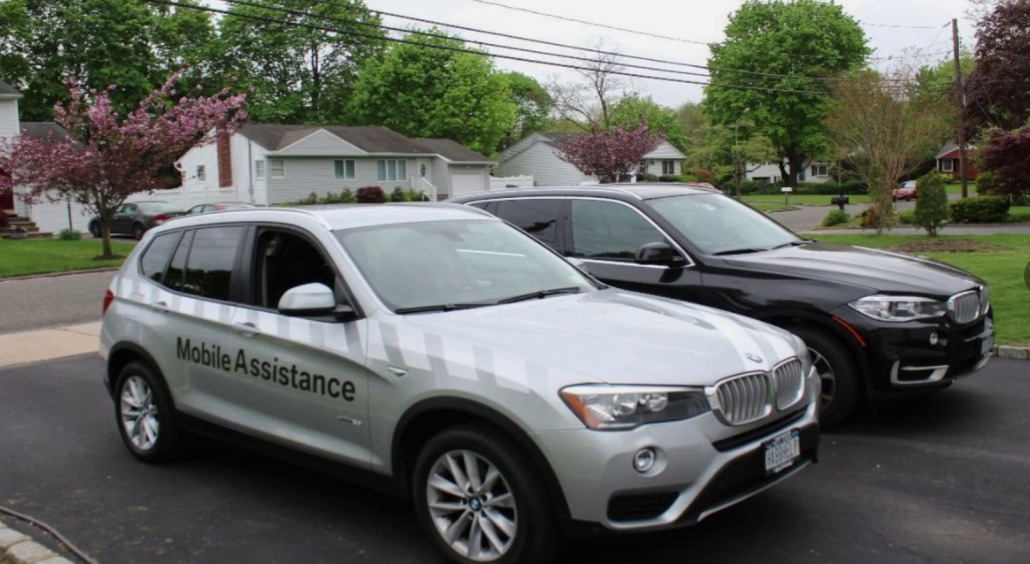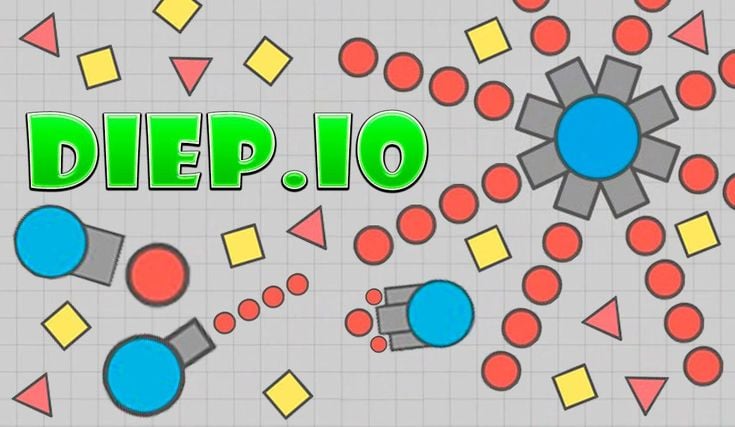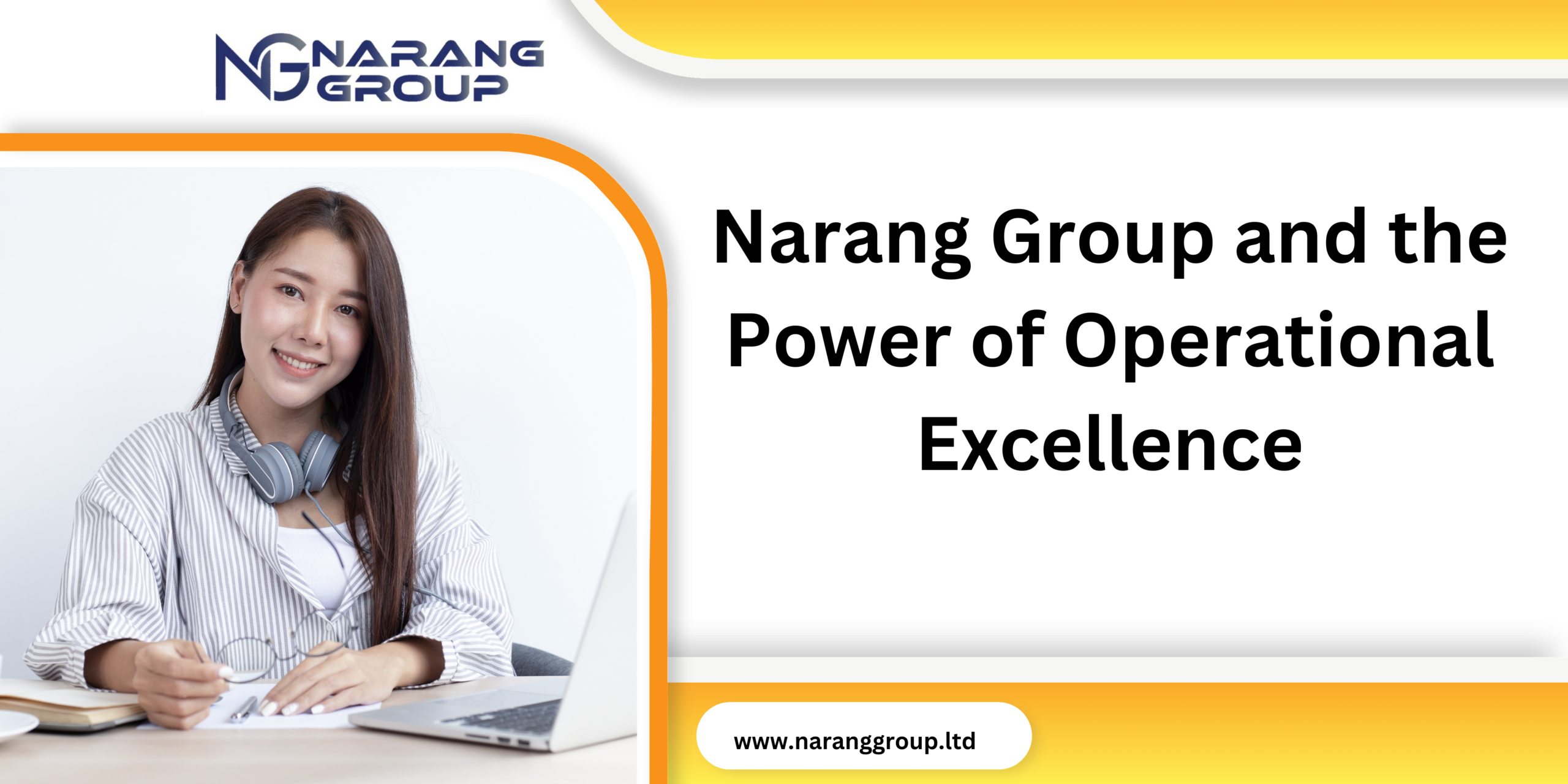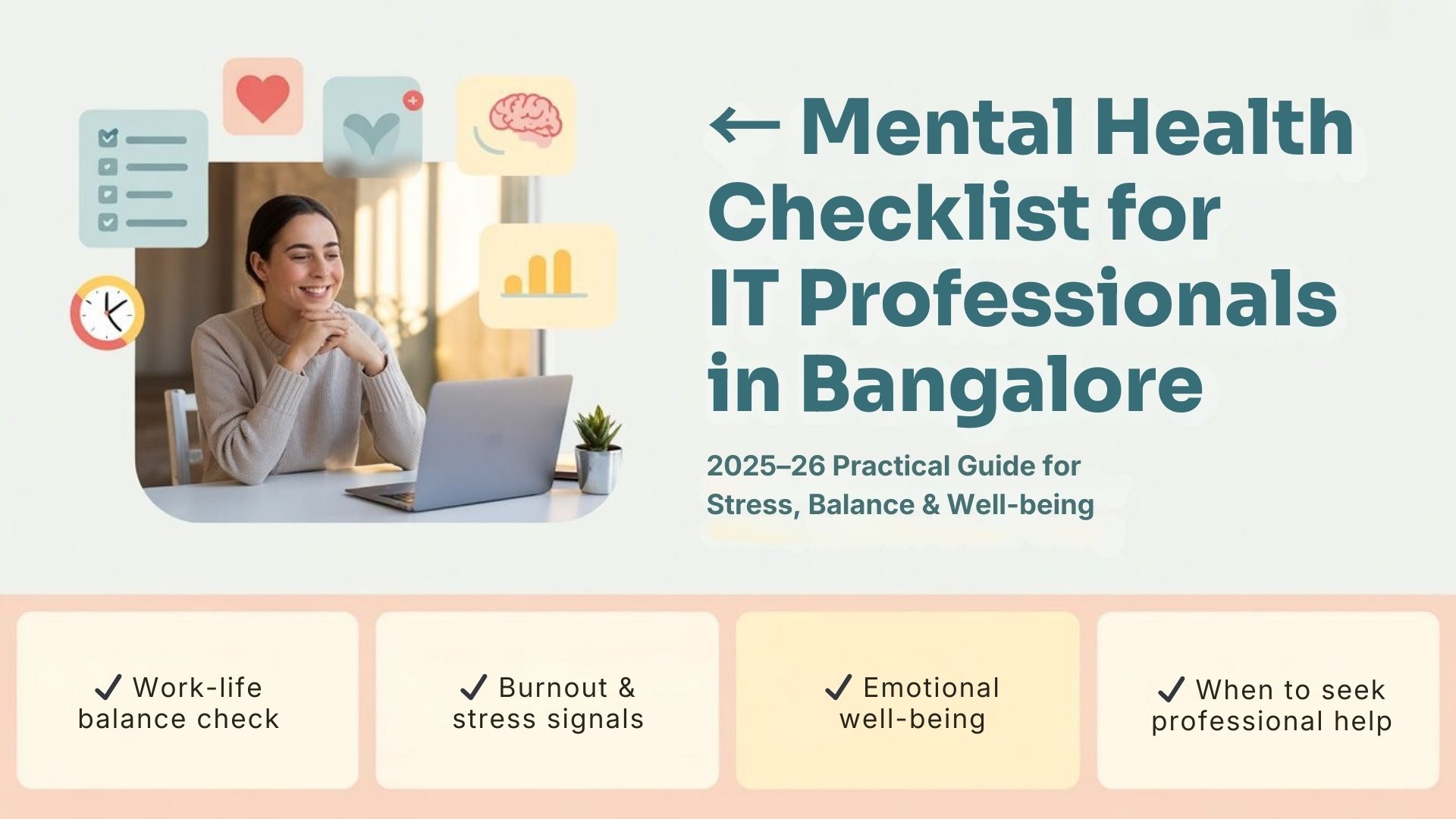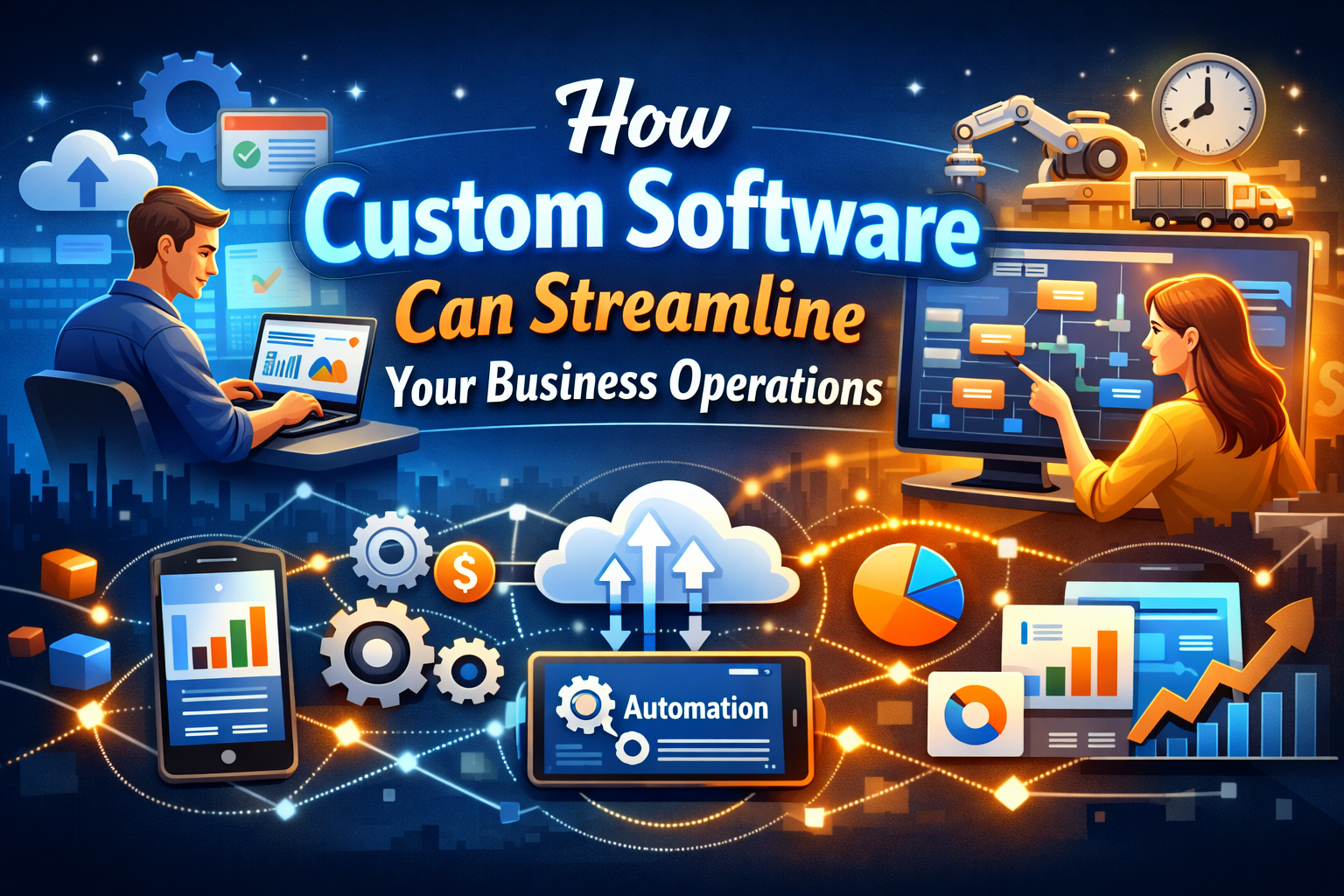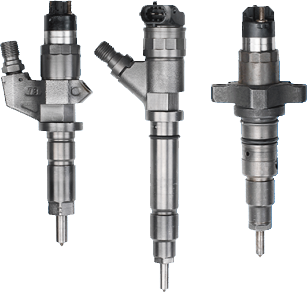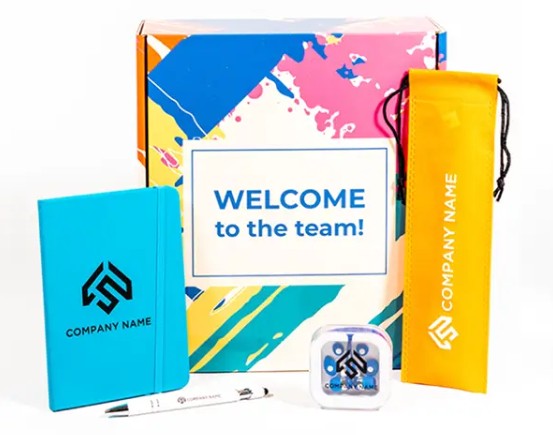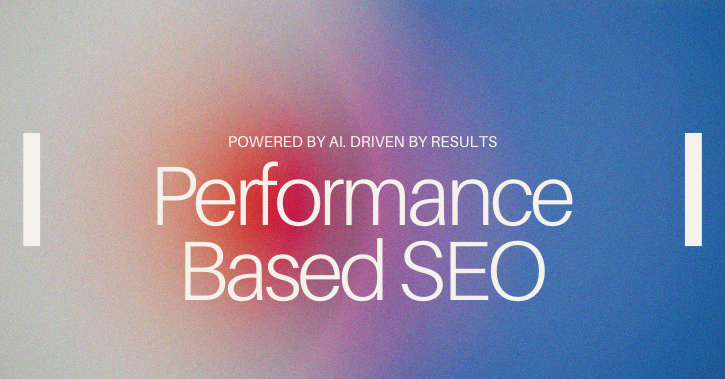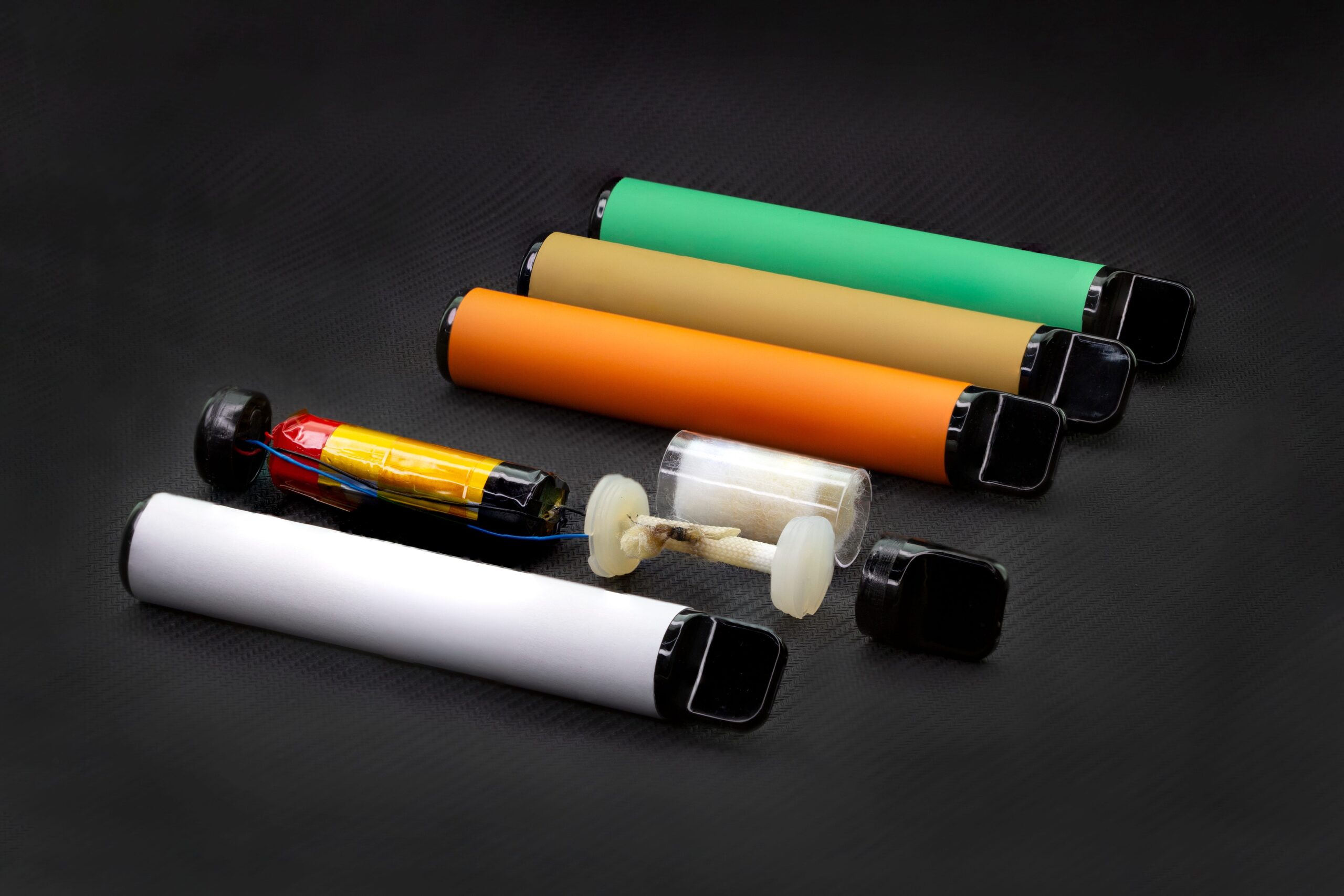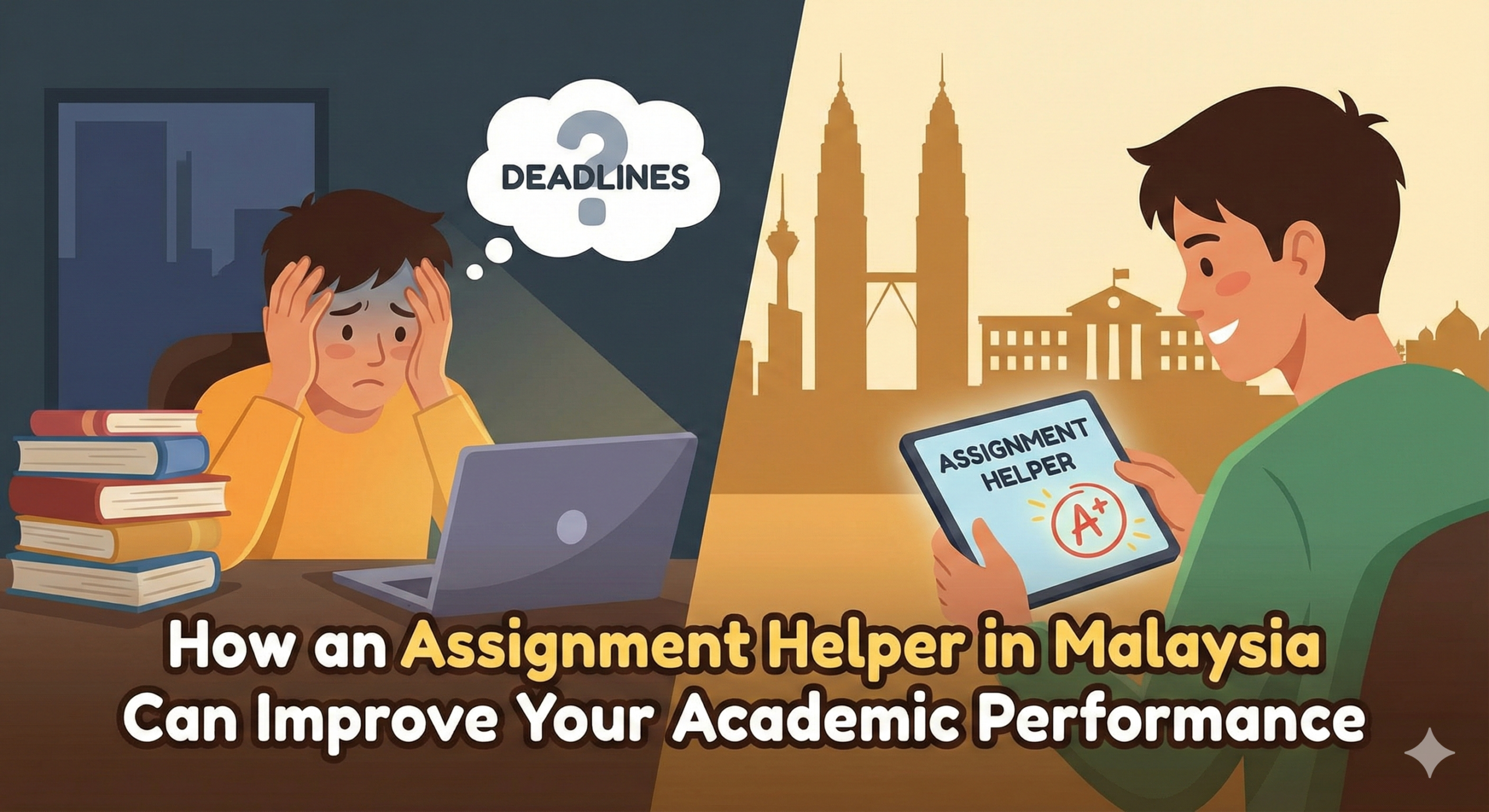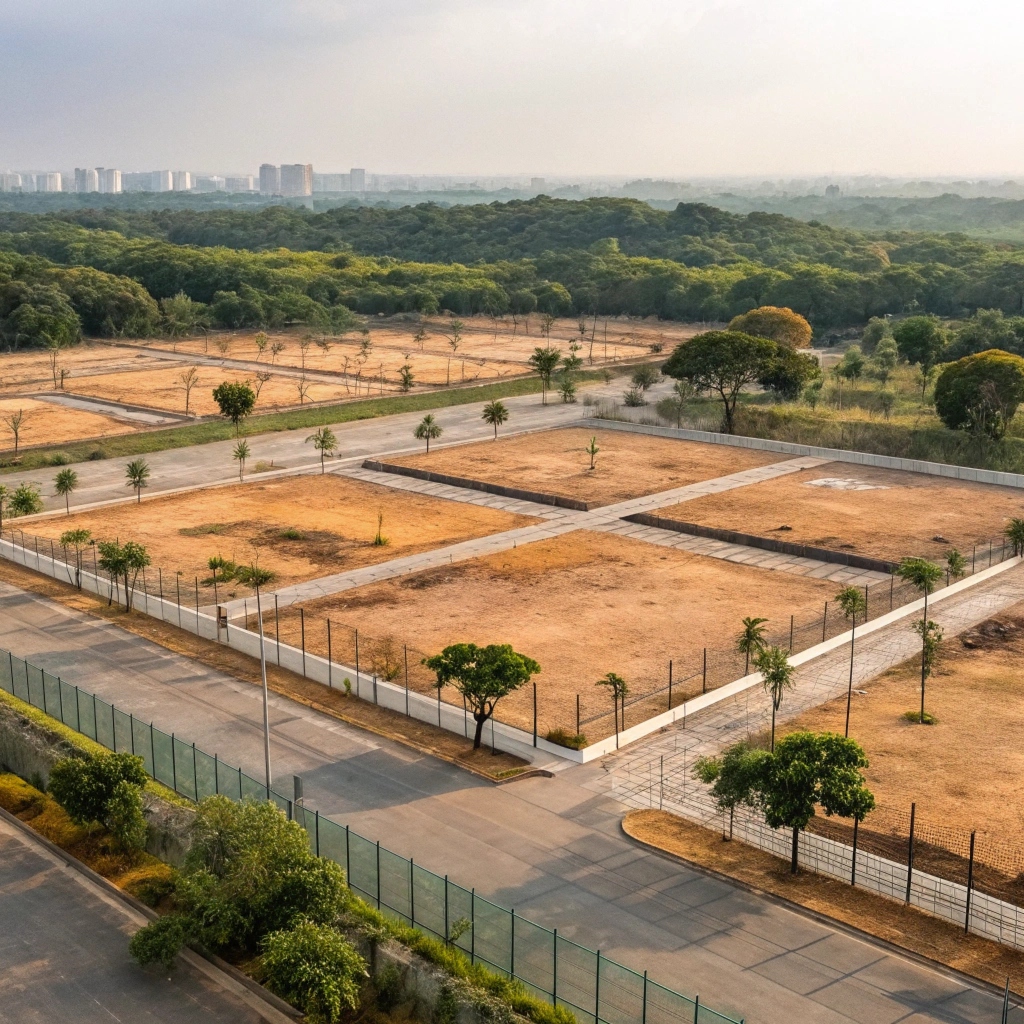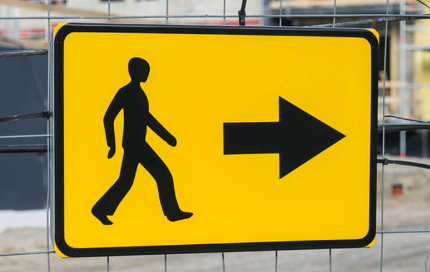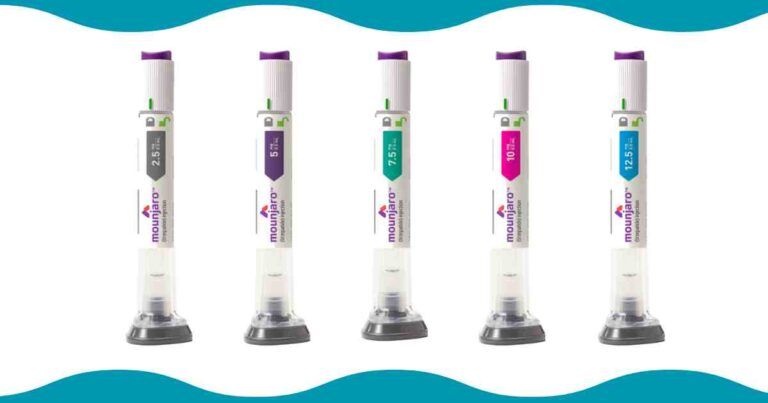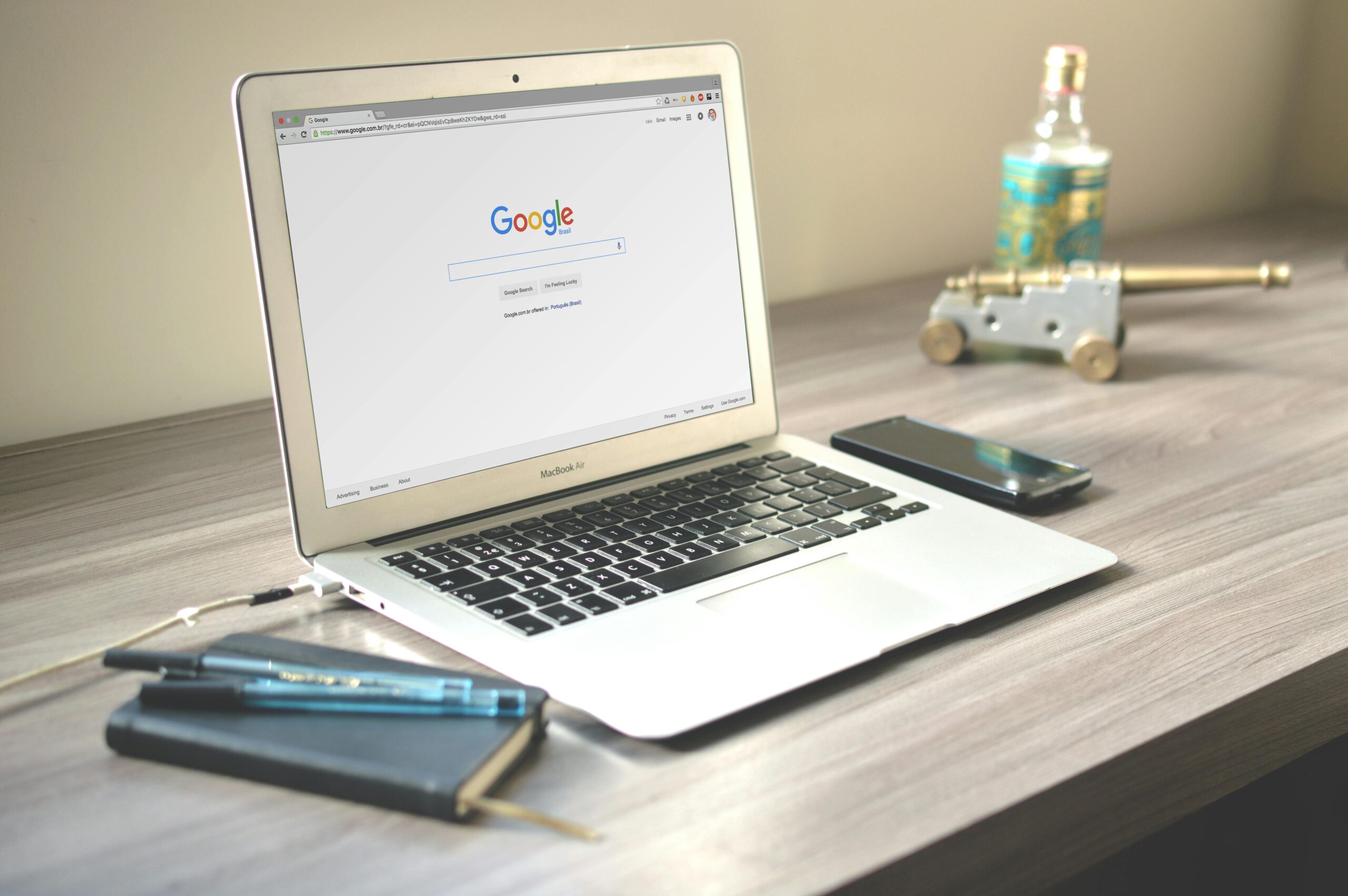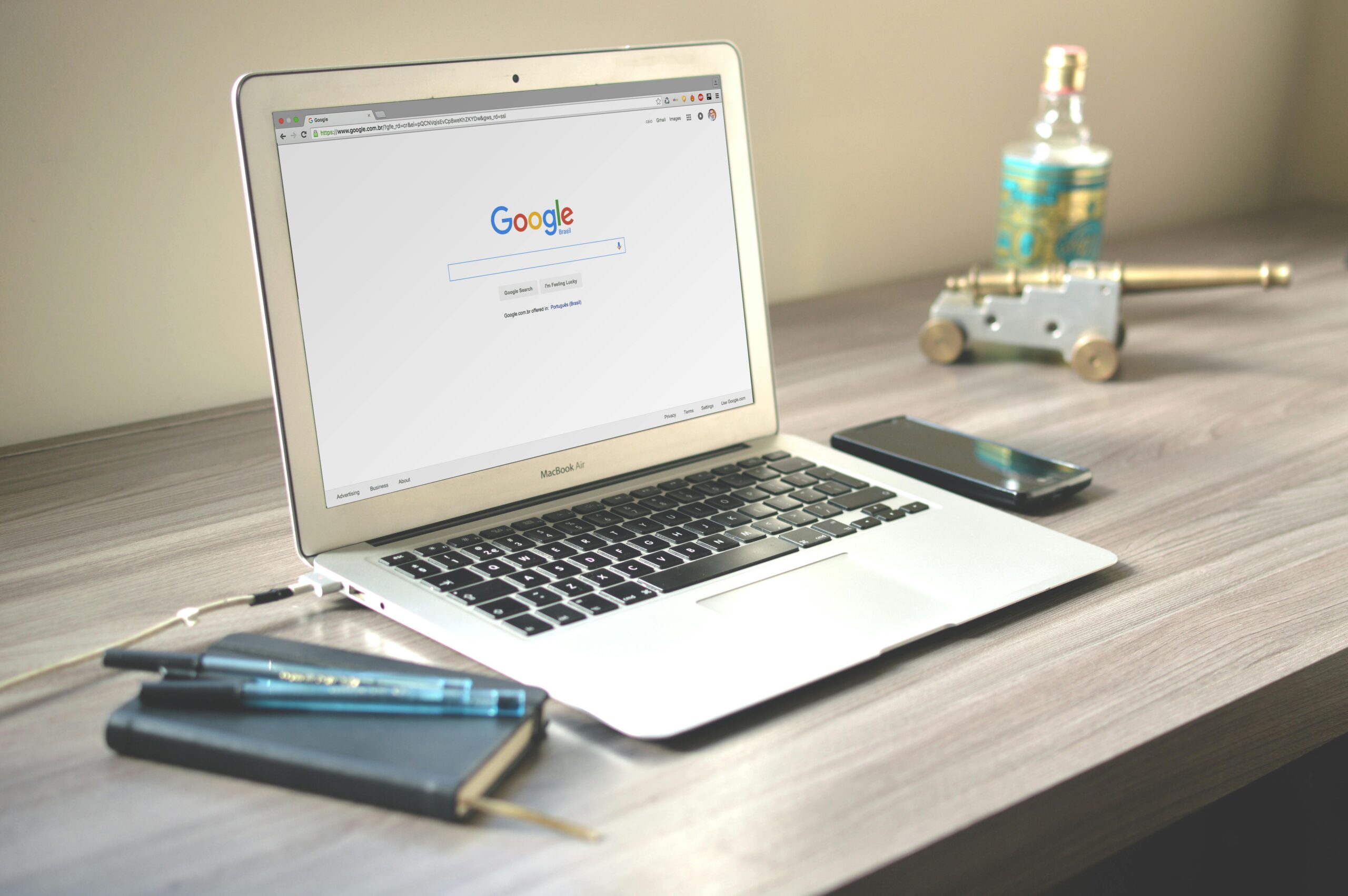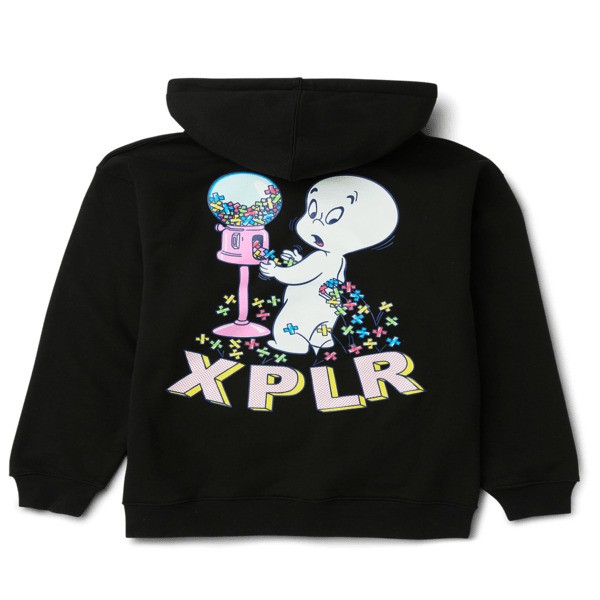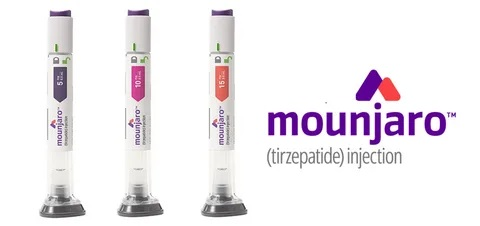How AI Computers Make Hiring Smarter and Faster

Hiring the right talent is one of the most crucial aspects of any business. Yet, the traditional hiring process can be time-consuming, inefficient, and prone to bias. This is where AI computers step in, offering smarter and faster ways to find the best candidates.
AI-powered systems analyse vast amounts of data, streamline repetitive tasks, and provide valuable insights, helping you make better hiring decisions. With AI computers, you can reduce time-to-hire, improve candidate matching, and ensure a fair selection process.
In this article, you’ll discover how AI computers transform recruitment, making the hiring process efficient and accurate.
Making Resume Screening More Efficient for Quicker Shortlisting
Screening hundreds of resumes by hand is daunting and challenging. But AI computers can help you manage this task. It takes this task further by automatically scanning resumes for the most relevant keywords, qualifications, and experience. By using natural language processing (NLP), AI systems achieve more accurate results to quickly surface candidates with the skills that align with your job description.
Furthermore, AI computers analyze candidates’ previous work experiences and identify the best fit for a role using advanced algorithms. Automating the initial resume screening process saves countless hours while ensuring that the most qualified candidates progress to the next stage. This reduces your hiring team’s workload on routine tasks, allowing them to focus on strategic responsibilities like conducting interviews and selecting finalists.
Surprisingly, while 96% of HR professionals believe that AI can significantly improve talent acquisition and retention, only 12% of hiring professionals currently leverage AI in their recruitment processes. As a result, embracing AI can give your business a competitive edge in finding the best talent efficiently.
2. Reducing Bias in the Recruitment and Hiring Process
Flexible policies and unconscious bias can influence hiring and retention decisions, often leading to less diverse workplaces. AI-enabled computers can go a long way in combatting this bias by assessing candidates based on measurable data instead of gut feelings. These systems are structured to allow for the emphasis on qualifications, skills, and experience, resulting in a merit-based selection process free from bias.
AI tools can further anonymize resumes, stripping out or masking names, genders, or ages. This helps to reduce bias further while fostering a more inclusive recruitment process. So, when you use AI as part of your hiring strategy, you foster diversity and bring a more equitable and inclusive approach to hiring.
3. Improving Candidate Matching with AI Algorithms
AI computers use sophisticated algorithms and data to find the most qualified candidates in the largest talent pool possible. By looking at a candidate’s skills, qualifications, and experience, AI tools recommend the top matches for your openings.
Here’s how AI improves candidate matching:
- AI matches candidates based on their skills, not just their experience.
- AI looks at what a candidate has done before to forecast how well they’ll do in the future.
- Real-time refinements make real-time recommendations even better at finding the right candidates.
- Candidate scoring provides a score for each applicant, making it efficient to shortlist candidates.
- Recommends other roles to candidates that fit their skills.
These AI-driven insights improve hiring decisions and help ensure the best candidates are matched to the most appropriate roles.
4. Making the Interview Scheduling Process Quicker
Perhaps the greatest benefit of AI computers is their power to take interview scheduling off of human recruiters’ plates. Getting candidates and interviewers on the same page can be complicated. But AI makes it easy.
AI scheduling tools consider calendar availability, time zones, and interviewer preferences. They internally optimise which EMTs to send, which emergent time slots to suggest, and which calendar invites to send.
Plus, because these systems are automated, they can use data to send reminders and other communications to patients to help minimise no-shows. By automating candidate scheduling, you cut out inefficient back-and-forth communications and keep your hiring process moving quickly.
5. Transforming Smarter Interviews Automatically with AI Support
AI-powered tools can help support interviews through real-time verbal and non-verbal cues analysis. Video interview platforms with AI capabilities analyse a candidate’s tone, facial expressions, and body language to deliver deeper insights.
These analyses give interviewers the information they need to decide whether a candidate fits the role. AI can even create tailored interview questions based on the resume of the candidate applying, providing a more effective and personalised interview process.
By implementing AI, you can better understand what you’re looking for and mitigate bad hires.
Improving Candidate Experience with AI Chatbots
AI chatbots offer dynamic, on-demand assistance to job seekers at every stage of the hiring process. From answering the most frequently asked questions to keeping applicants updated on application status, chatbots help create a seamless candidate experience.
Also, since chatbots are always on, employers can provide immediate answers, thus helping to avoid candidates ghosting out of frustration. Delivering a great candidate experience improves your employer brand and makes it much more likely that you will attract the best talent.
Conducting AI-Powered Assessments for Better Evaluation
AI computers make it easy for employers to identify skills through tailored tests taken online. These assessments rigorously assess candidates based on their technical skills, cognitive abilities and job-specific competencies.
Moreover, AI-powered systems like the one McKinsey uses to inform their hiring decision take the results of these assessments and produce in-depth reports, bringing an applicant’s best qualities and greatest development needs to the forefront, cutting out the middleman. This data-driven approach will help you make the smartest hiring decisions.
6. Using Automation to Make Onboarding a Smooth Launchpad
One of the biggest benefits of AI computers is their potential to streamline the onboarding process. From document verification to employee training, AI systems streamline and automate repetitive tasks to help create a hassle-free onboarding experience.
Here are some of the ways AI improves onboarding and helps new hires find success right away.
- Customised learning AI suggests personalised learning paths suited to the employee’s position.
- Streamlines verification and document uploading.
- Break down your work into manageable tasks. Allocates work and measures completion time.
- AI assistants can deliver immediate answers to frequently asked questions to new hires.
- Comments capturing ensures employee feedback is looked at and acted on, creating a cycle of continuous improvement.
Automating onboarding frees up time spent on admin work and gets new employees performing much sooner.
Conclusion
Smart AI computers have transformed the hiring process into much faster, smarter, and more efficient. AI optimises every step of the recruitment journey, from resume screening and candidate matching to automated interview scheduling and compliance management.
By adopting AI-powered hiring solutions, you save on time-to-hire, lower bias, and enhance candidate experience. These insights powered by AI make for smart, data-driven decision-making that allows you to choose the best talent for your organisation.


 English
English 
